[Top-selling item] Custom NHL Montreal Canadiens White Version Hockey Jersey
$39.99
- The product will be printed based on the pattern on the mockup
- Scroll down to the Description to see the size chart more clearly
- There might be 2-3% difference according to manual measurement.
- Please note that slight color difference should be acceptable due to the light and screen.
- Choose DHL/FEDEX to ship Faster
- Homepage: FULLPRINTINGTEESHIRT STORE
More From NHL
When your favourite player wears the C for the team you’ve supported for a lifetime, it’s a thrilling moment. Being appointed captain is a beautiful icing on top of a long, illustrious career, an external sign of the respect that player has earned both on and off the rink.
NHL Uniforms: A Brief History – Custom NHL Montreal Canadiens White Version Hockey Jersey
Because most of the players also played football in the summer, they simply borrowed these trousers for hockey games and added a turtleneck sweater and knee-high socks to keep warm. There was no need for distinct outfits because there were only fourteen players in total, and it was easy for players to tell who played for whom.
This began to change as teams from other leagues began to play each other, and they frequently wore the same uniform, as in the 1920 Stanley Cup Final, when the PCuHL champions from Seattle donned clothes that were similar to those worn by the Ottawa Senators. The situation was rectified when Ottawa elected to wear white jerseys.
The Detroit Red Wings picked the same colour scheme as the Montreal Canadiens for their new clothes in 1933. To distinguish the teams when they first met in Montreal, the Wings were required to wear white coverings, much like in a modern gym class. They covered up the player’s statistics, enraging the audience and making them look foolish.
As a result, a controversy erupted about the colours used by teams during games. Some clubs had begun to wear contrasting colours voluntarily in the 1940s (including Montreal’s now-odd-looking original white jersey), but the usage of contrasting uniforms became mandated at the NHL meetings in 1950.
The NHL ordered each team to wear contrasting colours to make it easier for spectators to distinguish the teams during black and white broadcasts due to the increasing quantity of motion picture newsreels being created of the action (which would eventually become black and white television).
The host team would wear dark colours, while the visitors would wear white. Hockey Night In Canada advised that the NHL switch to white jerseys for the home team in 1970 so that colour broadcasts could focus on the visiting team’s away jerseys (which were regarded more intriguing). In the forty years since, whose team wears the dark jerseys has shifted back and forth, with the home team now donning the dark.
Players’ Numbers on NHL Uniforms
The Patrick brothers have usually been credited with inventing the PCHL’s player numbering system in 1915, however this is incorrect. The National Hockey League (NHL) was the first to implement this policy in 1911, with a rule requiring “players to wear identifying numbers on armbands affixed on their left arm.”
When they were deemed inadequate, huge numbers were embroidered on the front of the sweaters, and a board with the player’s name and number was set up at one end of the rink.
Individual programmes would eventually replace the board, and numbers would be put to the back of the jersey. The NHL mandated that players’ numbers be painted in white on the boot of their skates beginning in 1954. This was done to aid player recognition when awarding assists and when the uniform numbers were not visible on broadcast or in pictures.
This was only for a few years. In 1977-78, the NHL enacted a new regulation requiring players’ names to be printed on their jerseys alongside their numbers. Harold Ballard, the owner of the Leafs, declined, arguing that no one would buy his programmes if he did. Ballard gave in when the league threatened him with severe sanctions.
The names appeared on the Leafs’ blue jerseys in blue for their next game in Chicago on February 26, 1978, making them unreadable. The league modified the rule the next day, stating that the names must be in a colour that contrasts with the jersey colour. The Leafs then adopted a different colour scheme than the rest of the league.
NHL uniforms for the Montreal Canadiens
With their red, white, and blue sweaters with the ‘Ch’ on the front, the Montreal Canadiens are the most identifiable hockey team in the NHL. The first Montreal uniform, however, was a full blue colour with a white crescent ‘C’ on the front when the team was founded in 1910.
They didn’t switch to red, white, and blue until the next year, but their sweaters were still different. The blue letters ‘CAC’ (Club Athletique Canadien) were on a white maple leaf, and the outfit had striped lines reminiscent to the Ottawa Senators’ barber poles. As a result, Montreal was the first NHA/NHL team to wear a maple leaf on their sweaters, not Toronto.
When Montreal finally switched to the more familiar jersey, the ‘CH’ on the chest was replaced with ‘CA’ (which was changed the next season). After winning the Stanley Cup in 1924, the Canadiens wore an earth globe on their chest instead of the ‘CH’ to denote that they were the World Champions for the 1924-25 season. The characteristic uniform we know today was perfected by 1925-26.
Some details about our product
KEY FEATURES:
- Hockey practice/scrimmage jersey for a regular playerplayer. Look pro style, great for training or full games.
- Suitable for special occasions such as Christmas, birthday, celebration, housewarming gift.
PRODUCT INFORMATION:
- Made of 100% high-quality bird eye mesh fabric, more wear-resistant.
- Breathable mesh fabric and quick-dry, micro-elasticity.
- A more tailored fit providing improved comfort around the torso and arms.
- Moisture management technology keeps you cool, dry and comfortable
PRINTS: Dye-sublimation printing
WASHABLE: Machine wash
PRODUCTION TIME: 3-5 Business Days
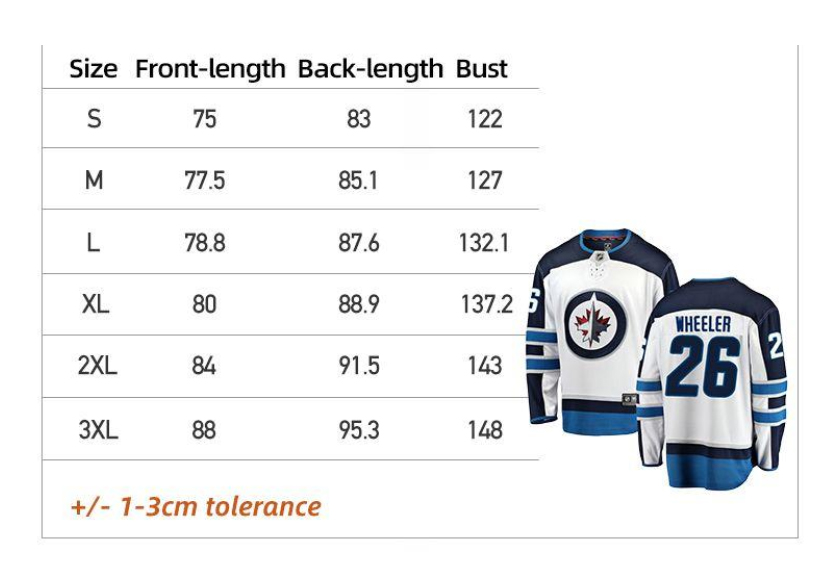
Connect us at:
Homepage: Fullprintingteeshirt Store
Only logged in customers who have purchased this product may leave a review.
1. Choose style, color and size. The above atributes are always available and suitable for the design, please do not hesitate to choose your favorite product. Please see our Size chart to make sure the size is right for you. See details of our product information on our Product information page.
2. Click Add to cart. Tip: Buying 2 or more products significantly reduces delivery costs.
3. Go to the checkout page. Fill out the order information and proceed with payment.
4. The system will send a confirmation email when the order is complete.
Note: 1. You can only change the order information within 4 hours of placing an order successfully. 2. Currently, due to the coronavirus pandemic, it takes us about 7-21 business days to ship product. 3. If you receive a defective product due to printing or shipping, please contact us to get a new replacement product for free.
If you have any questions, please chat with us or contact us via [email protected]. Your satisfaction is our happiness. Thank you for trusting and shopping with us!
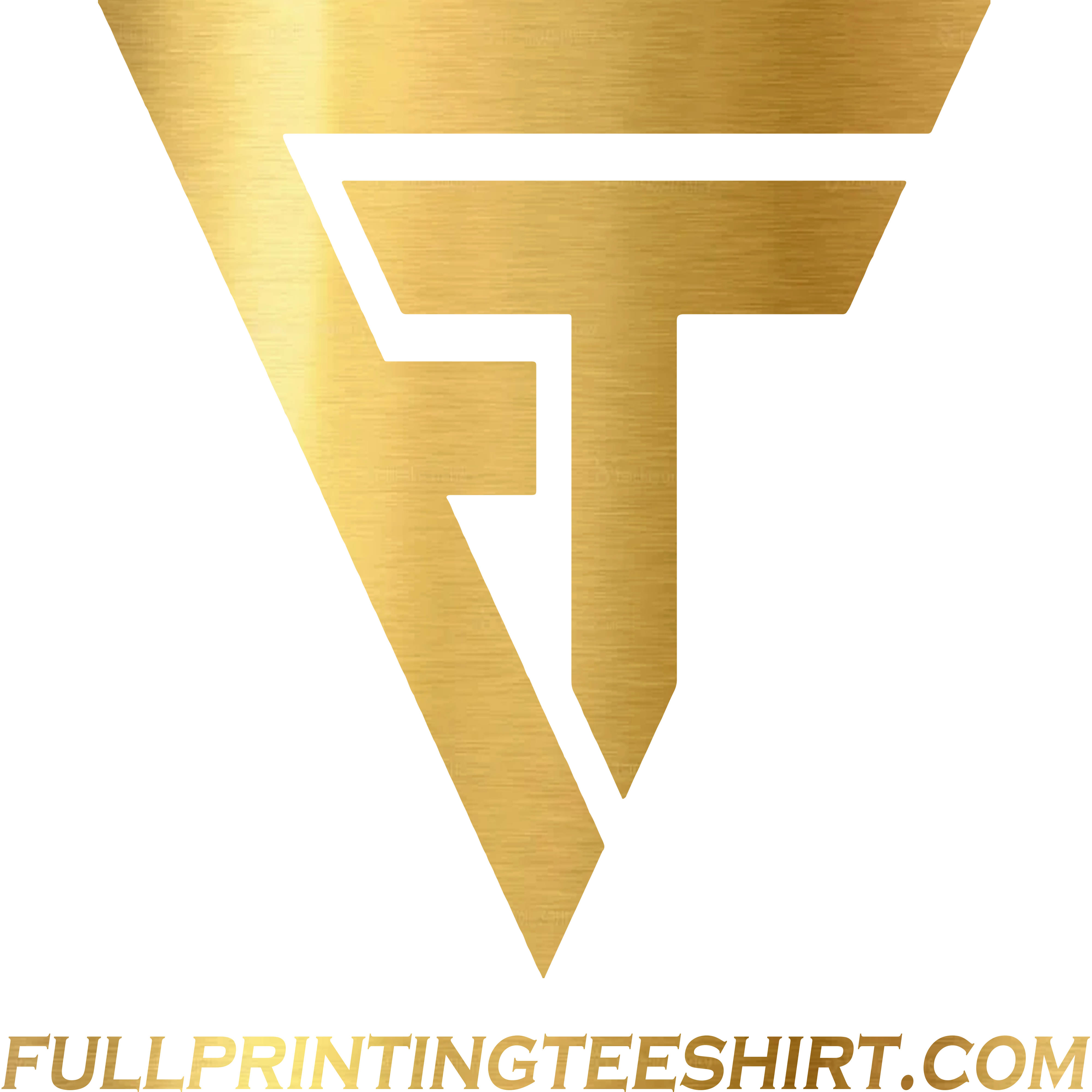
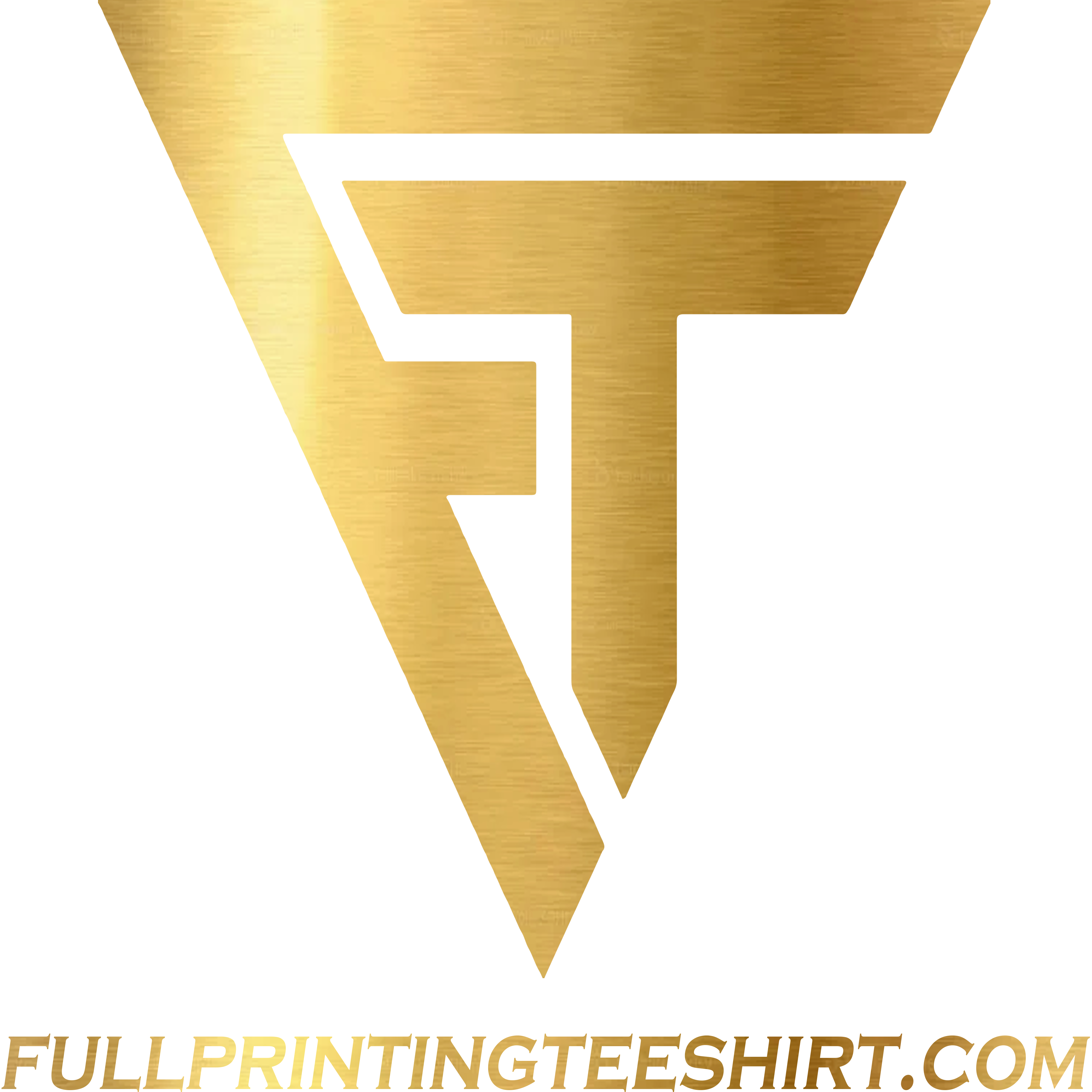
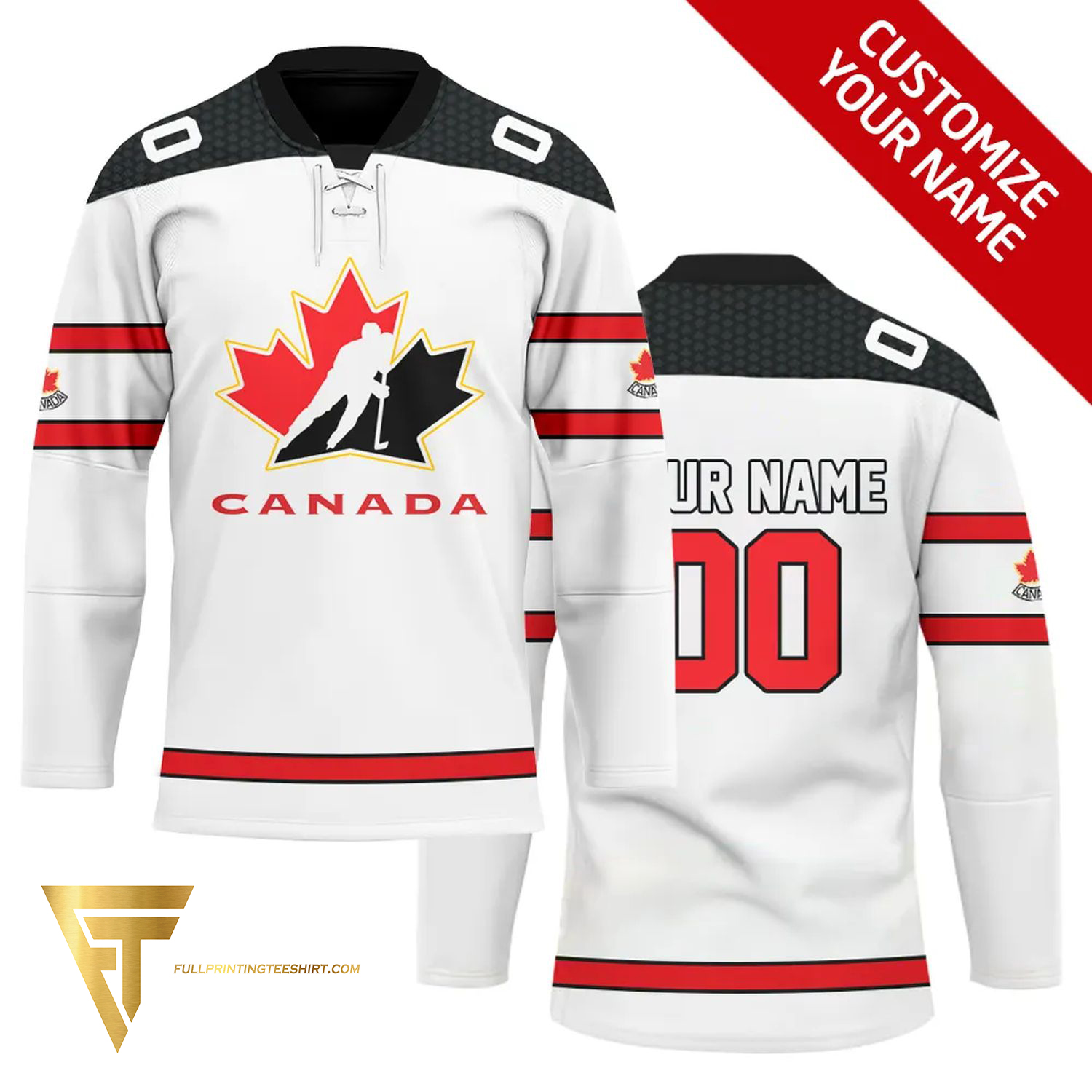
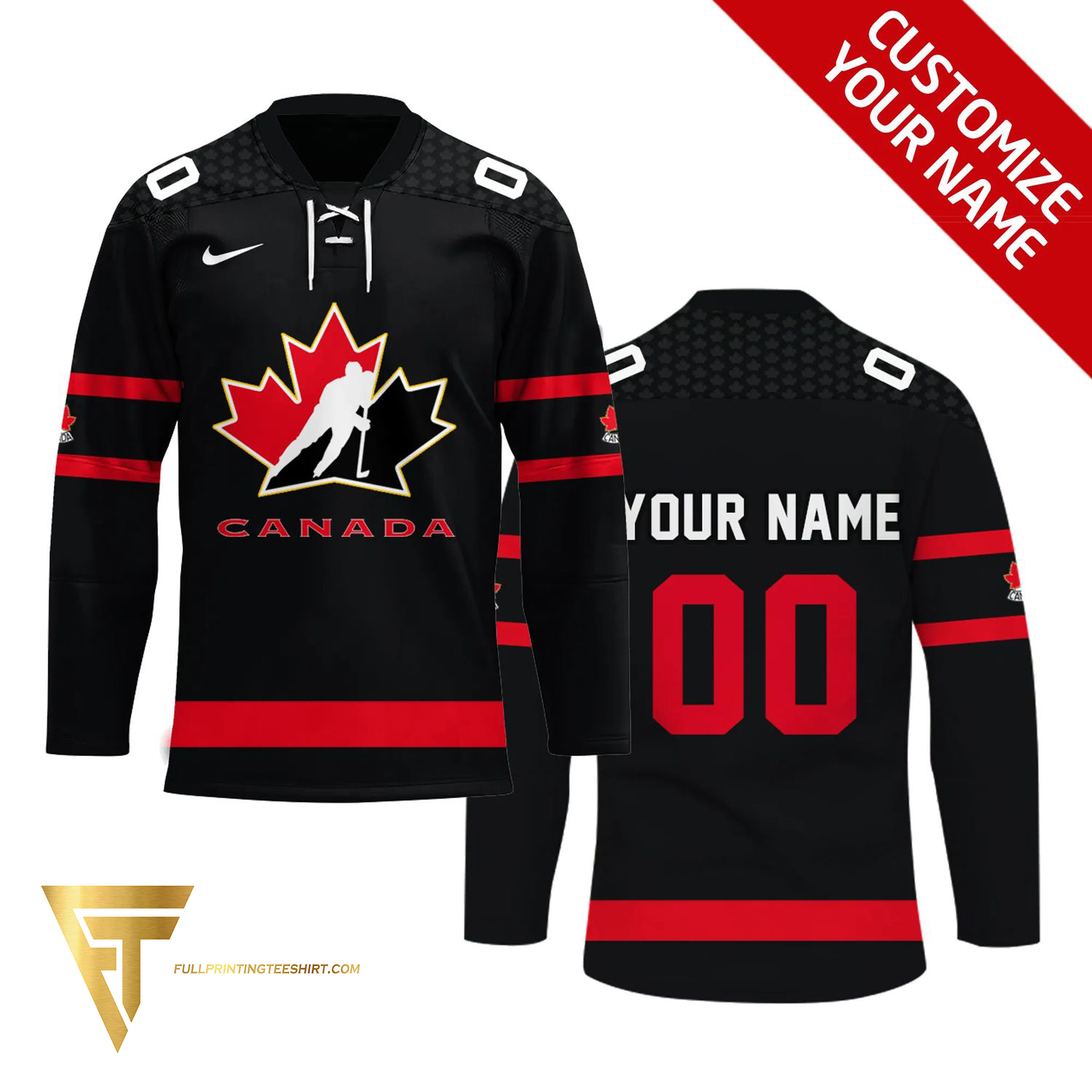
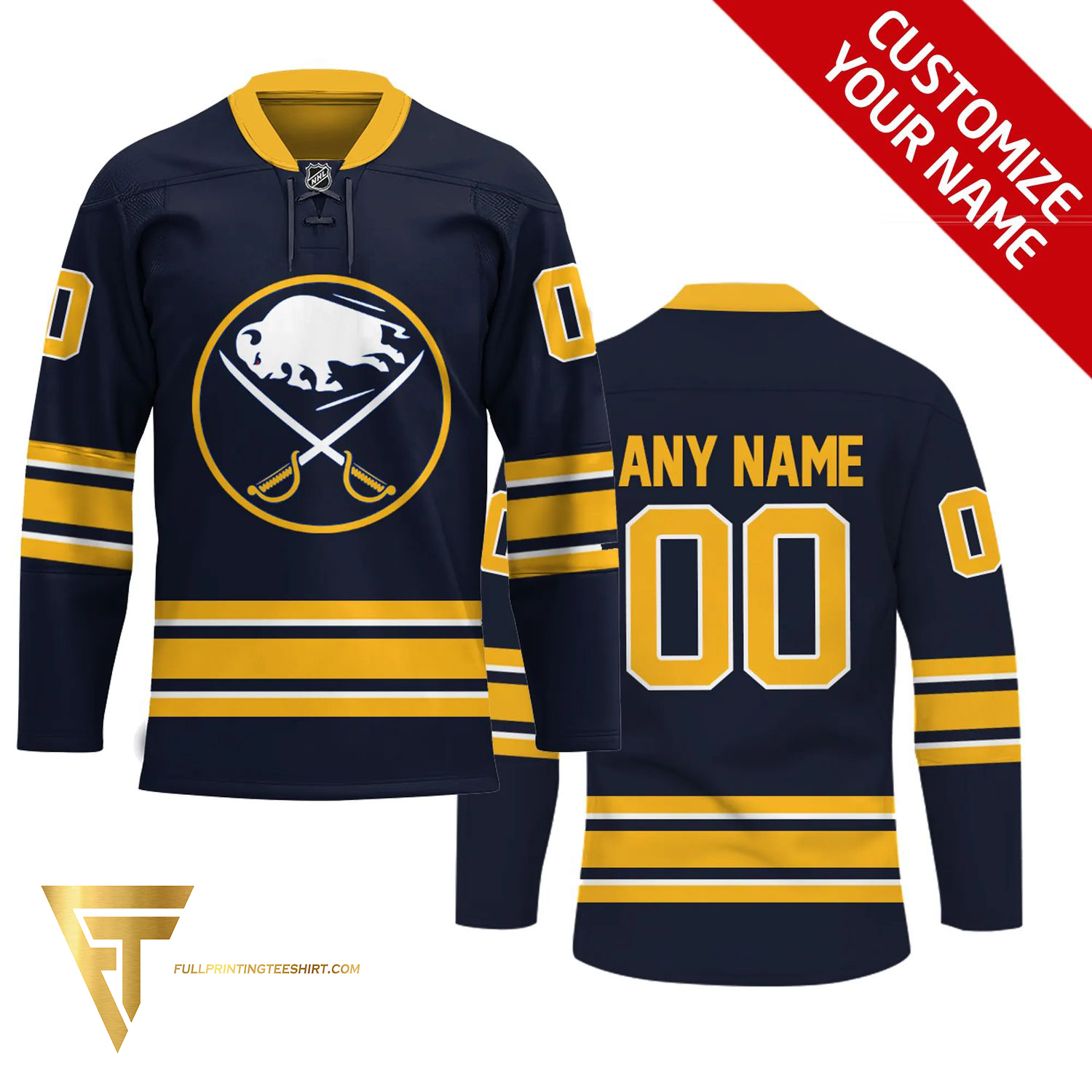
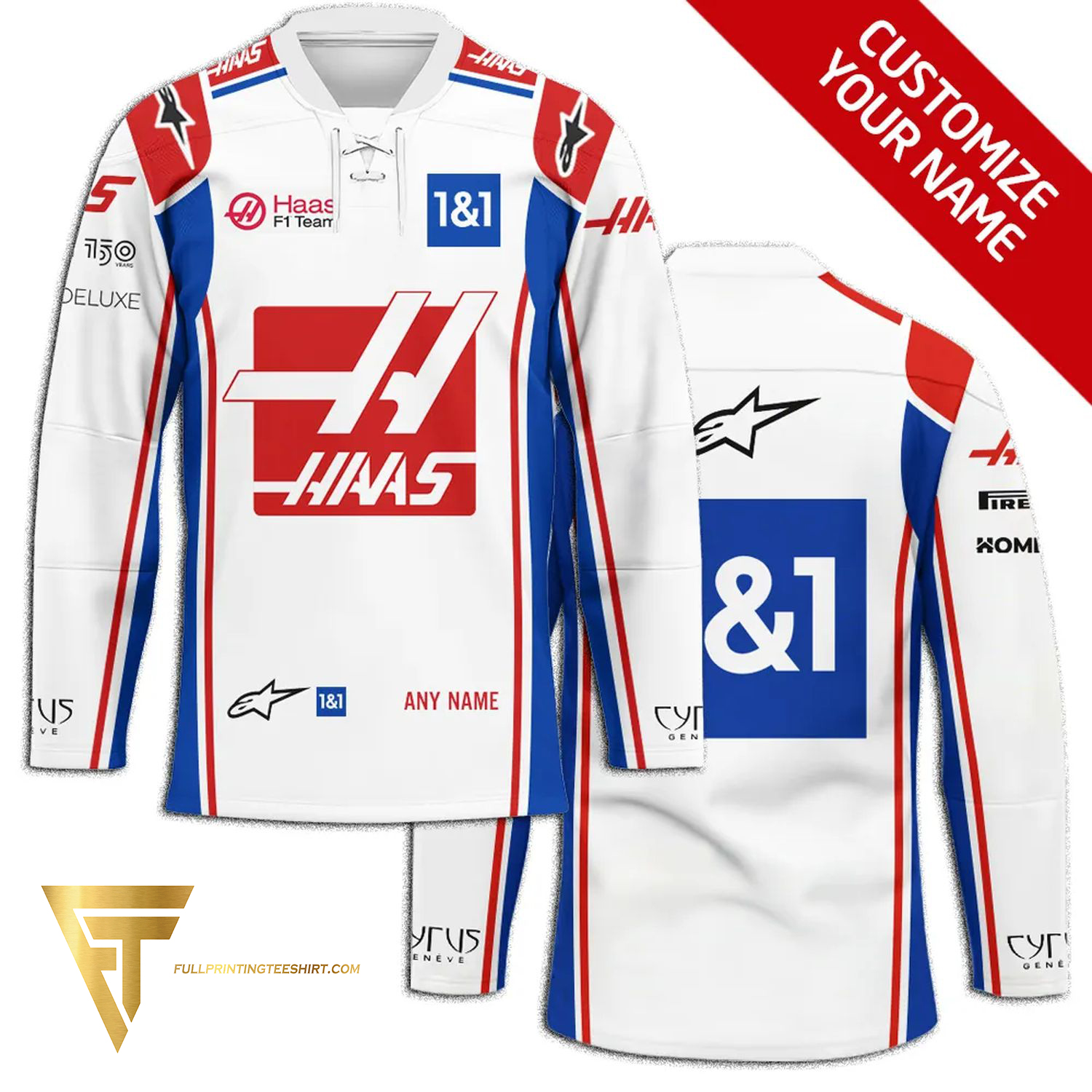
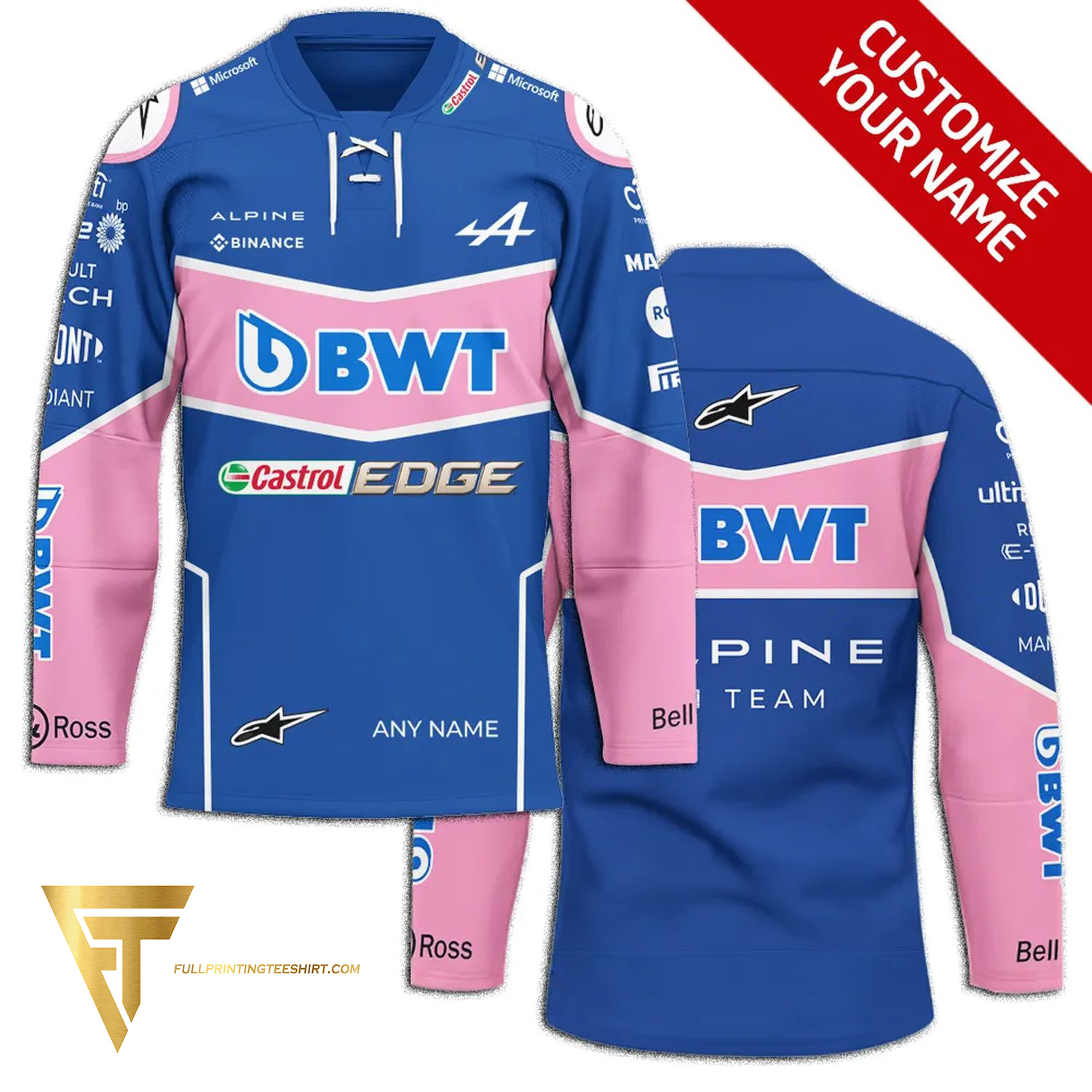
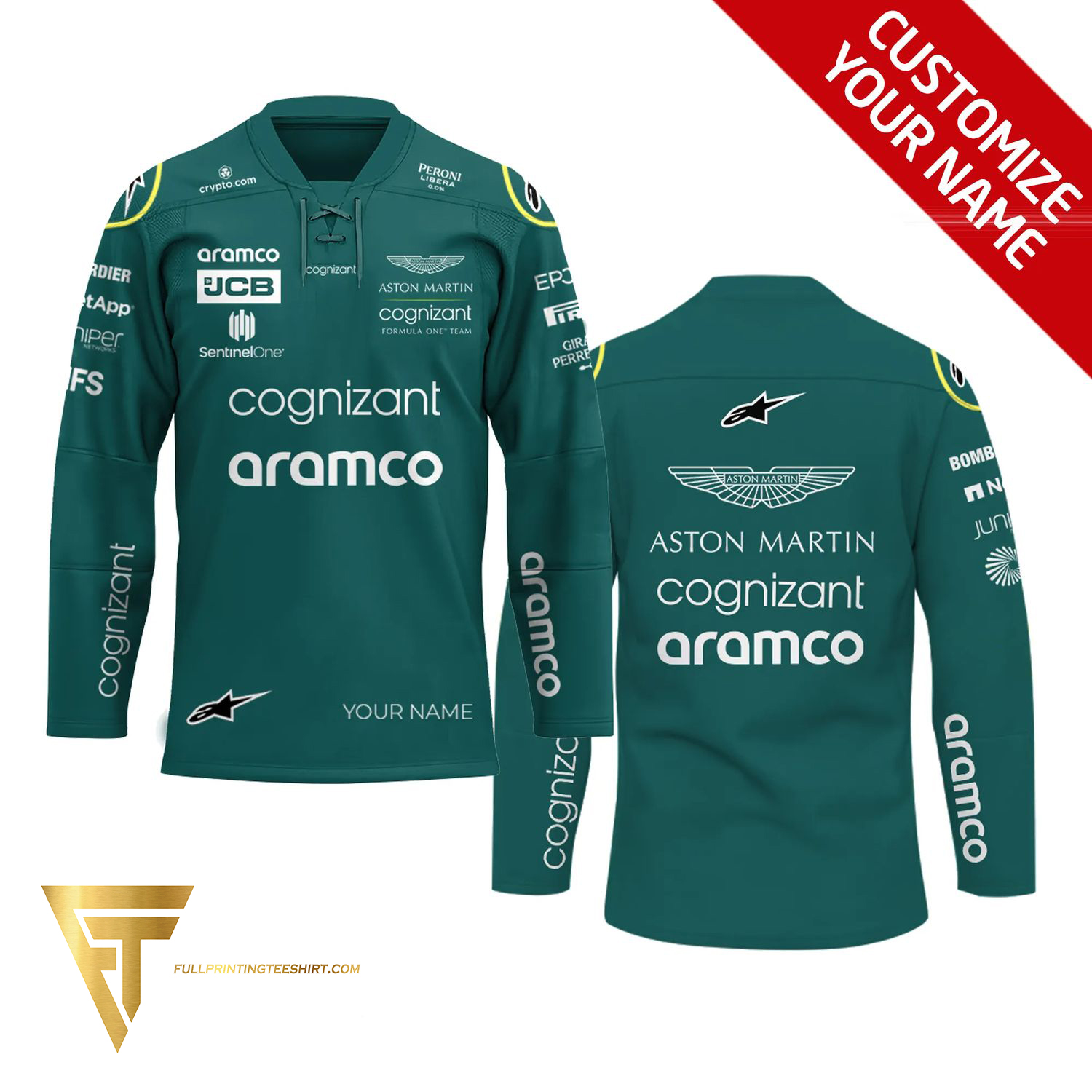

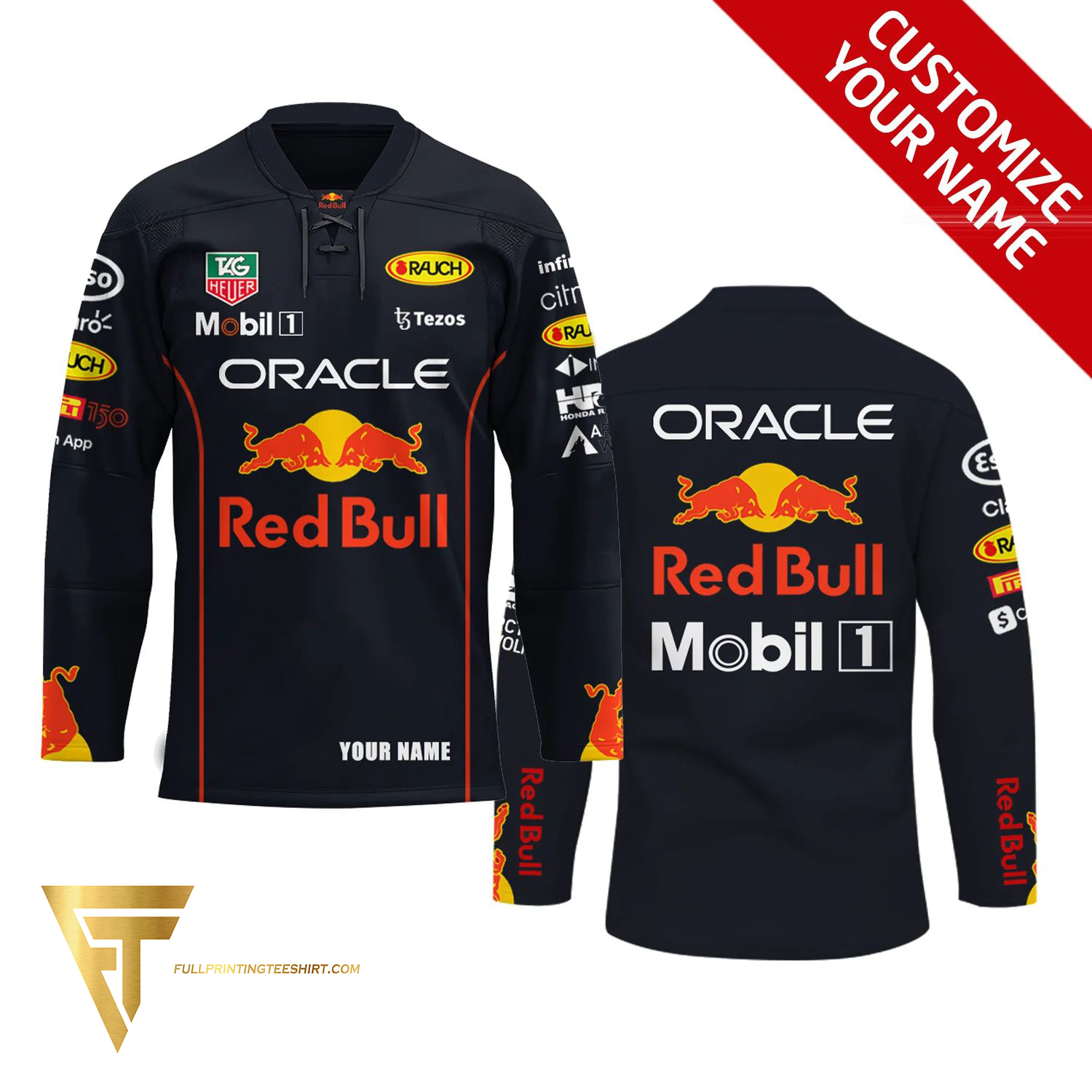

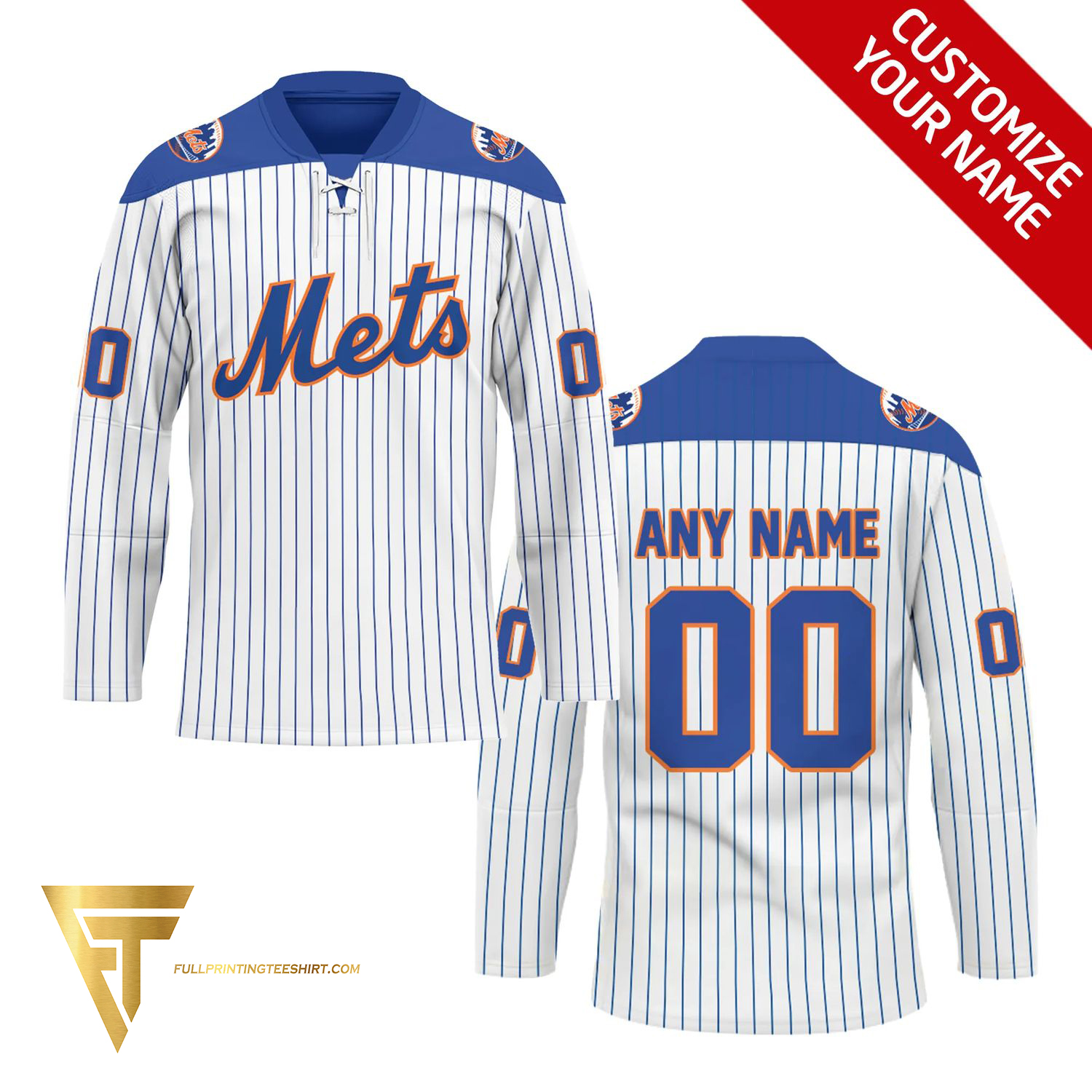
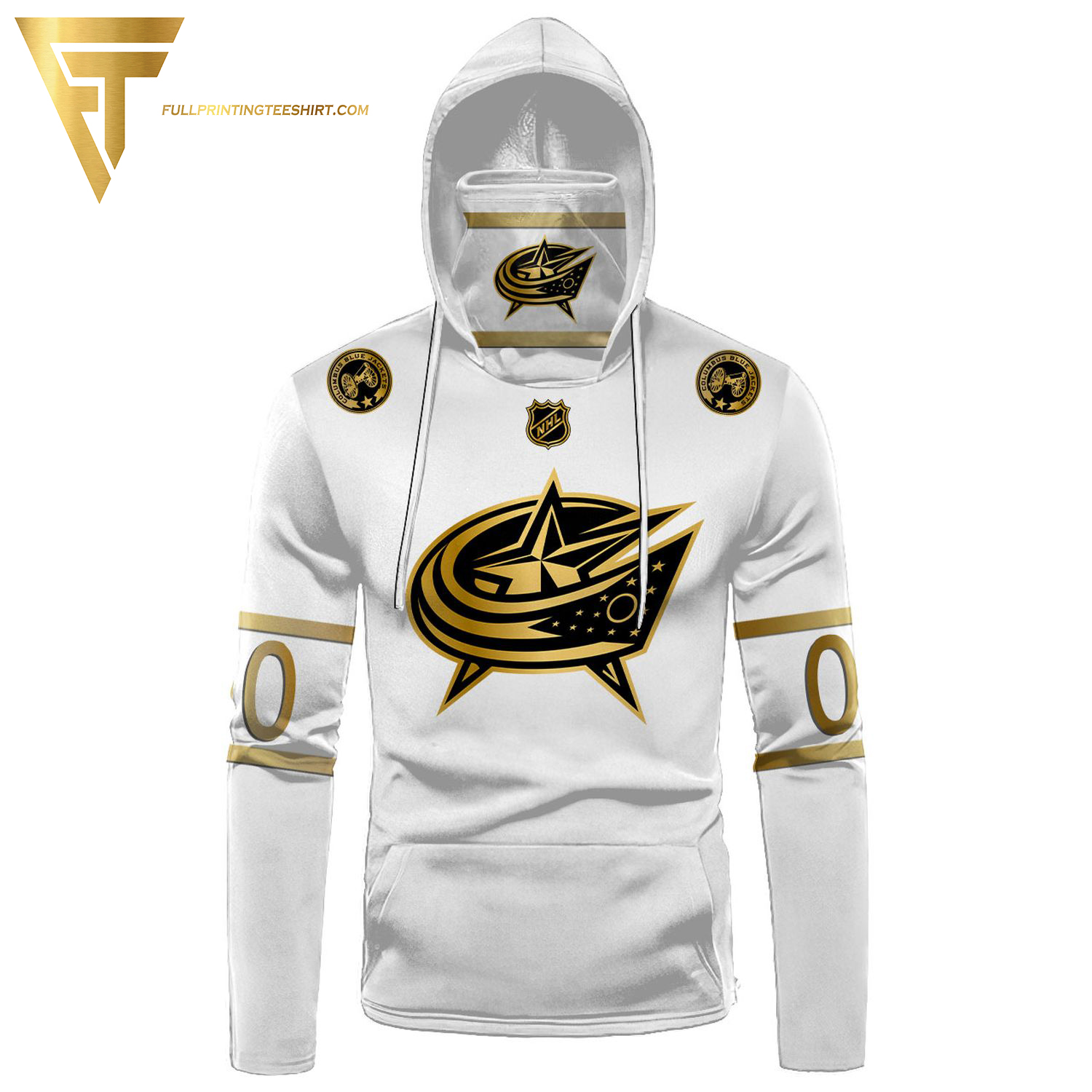
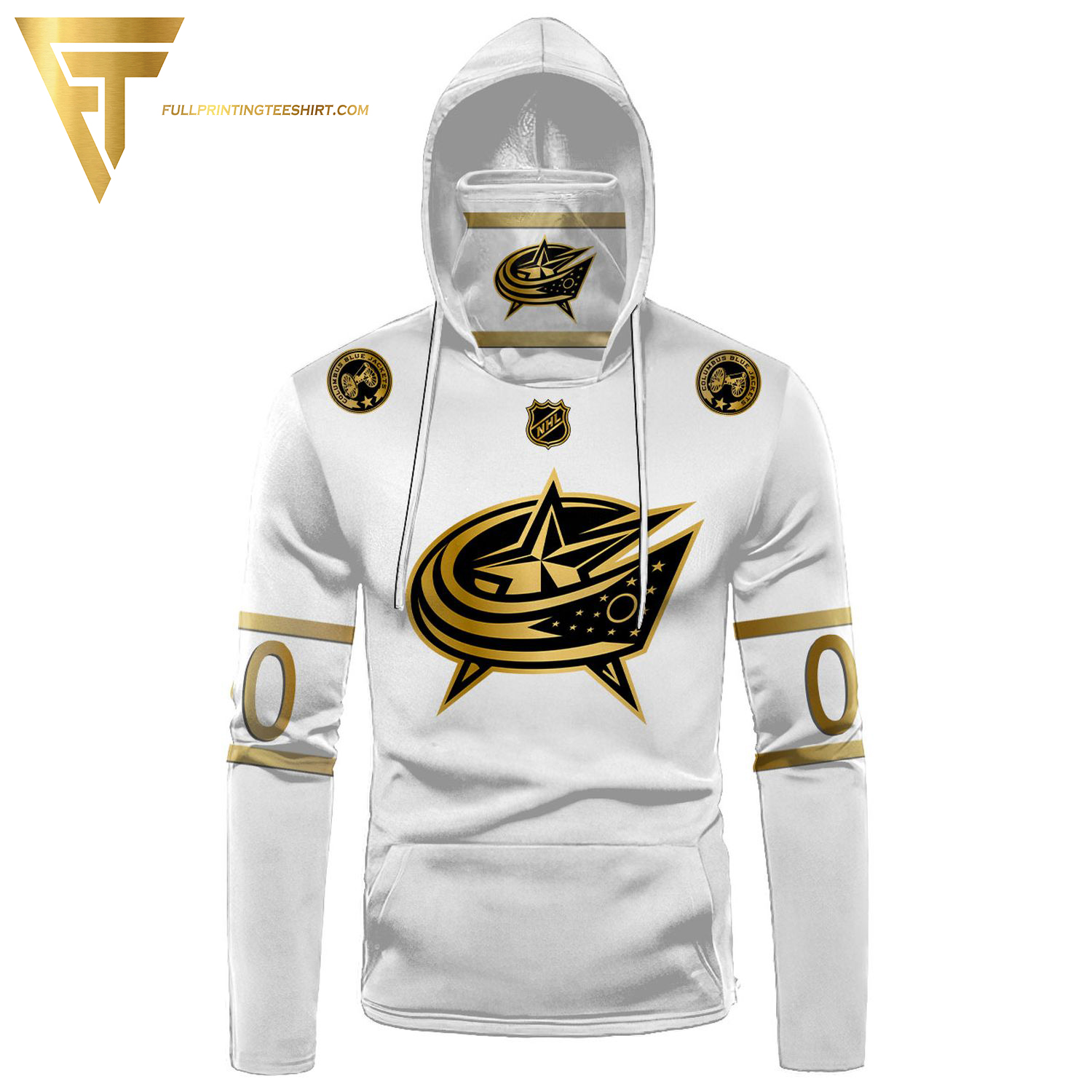
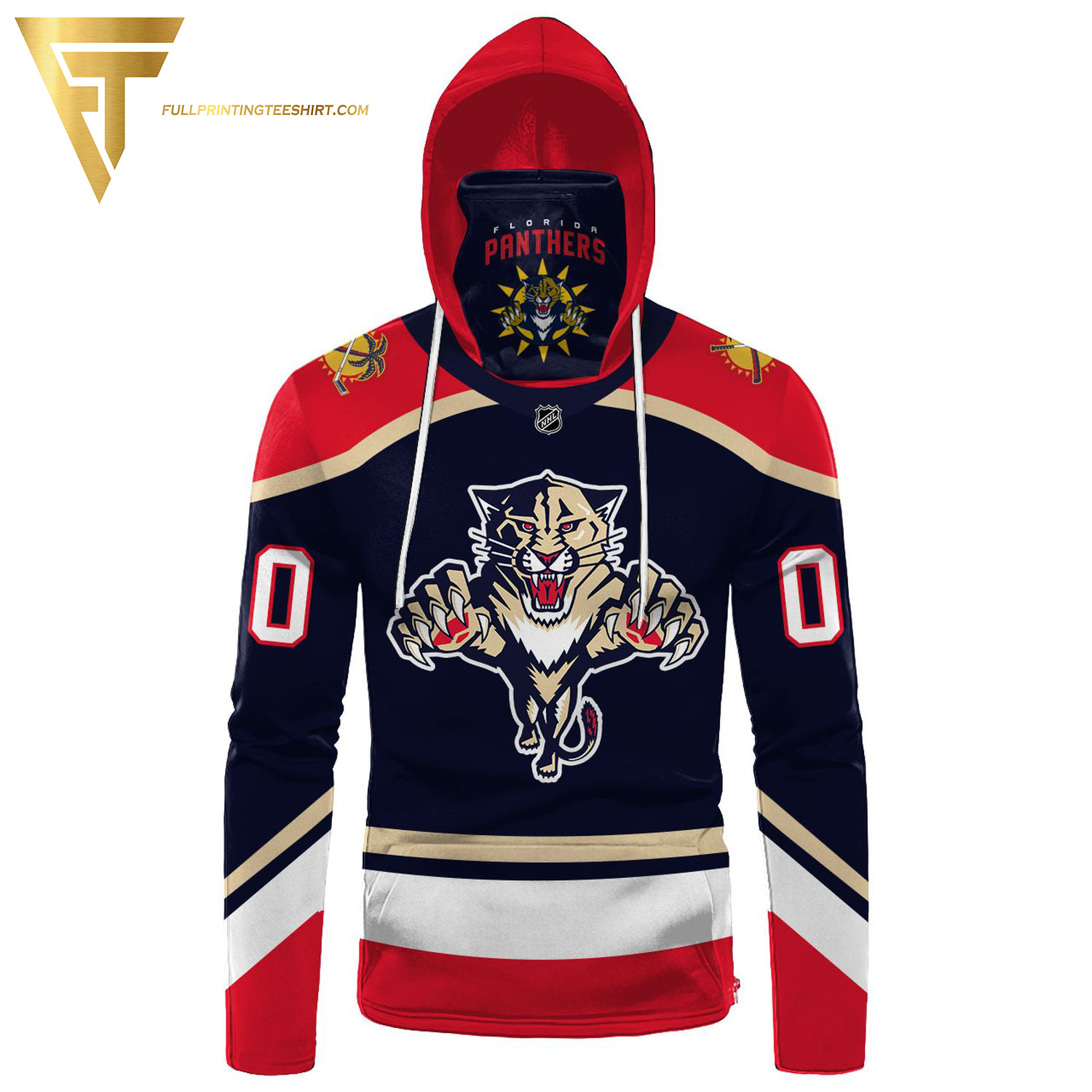
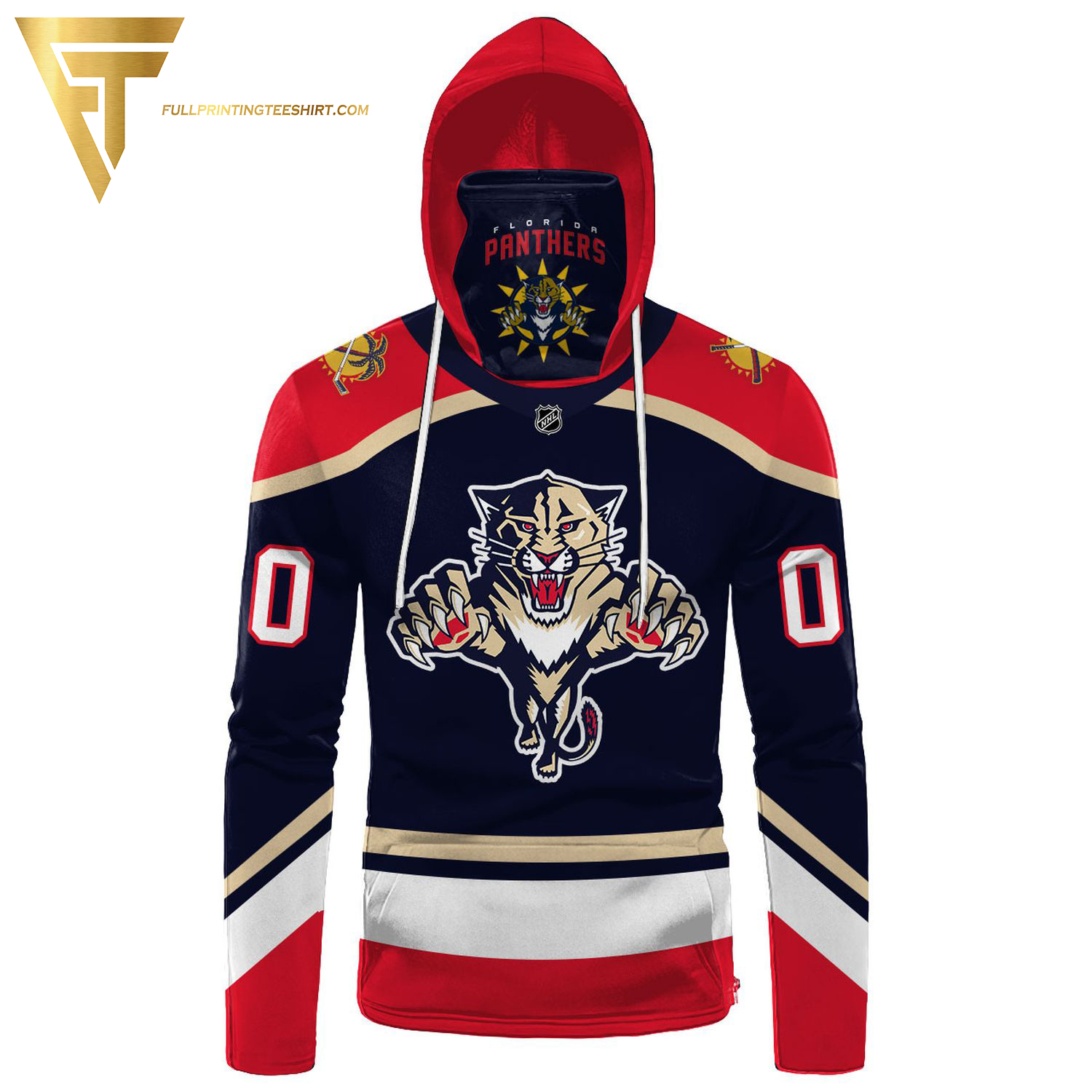
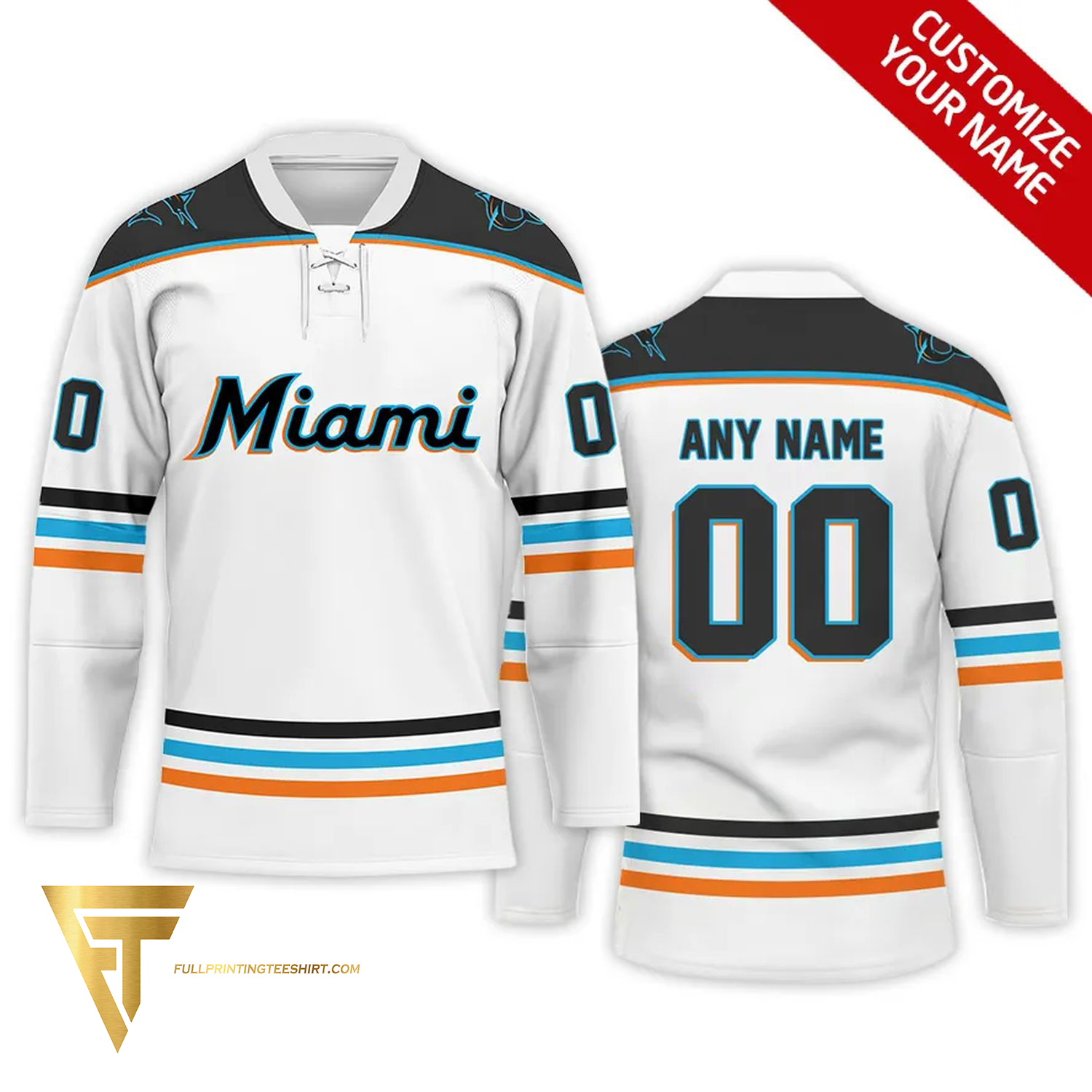
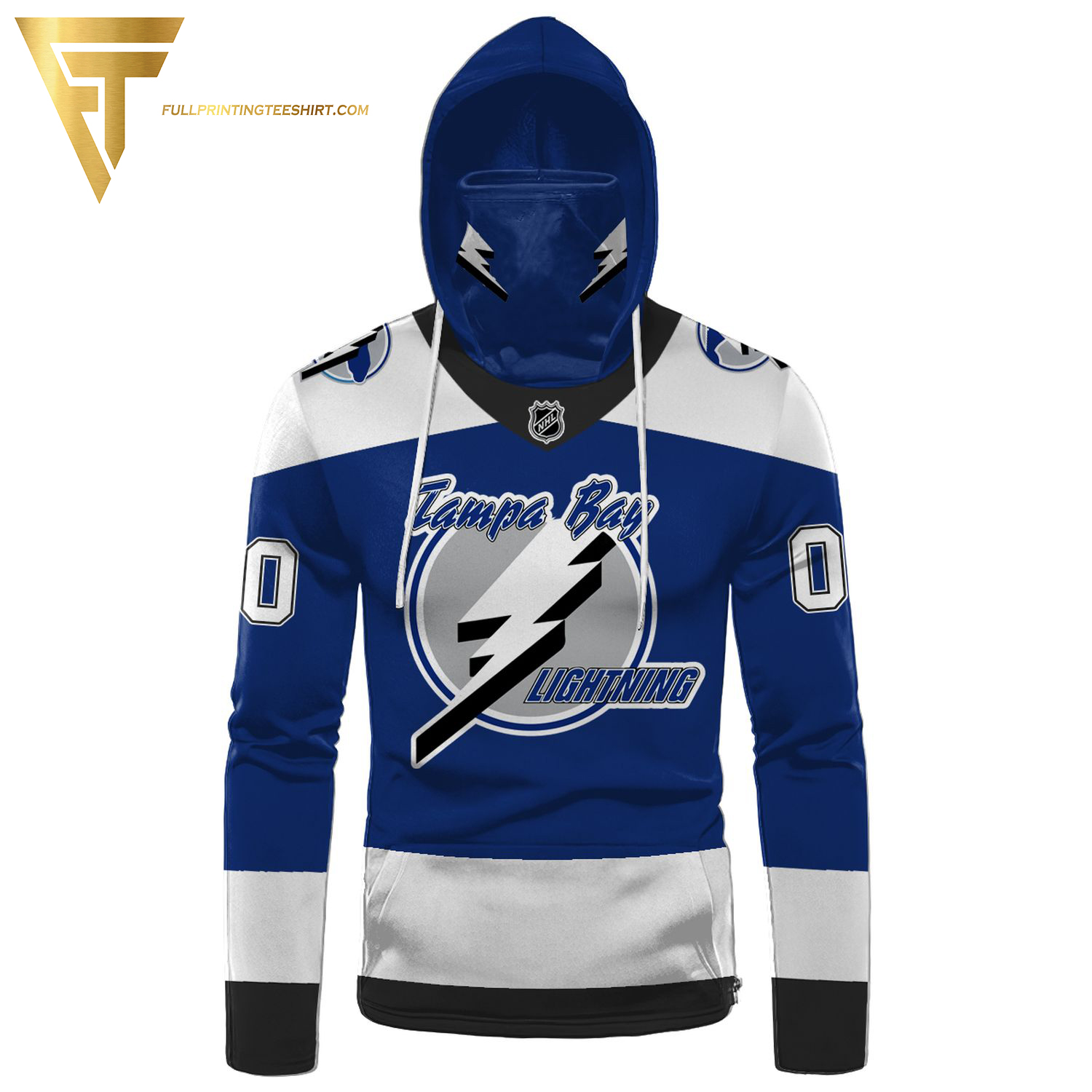
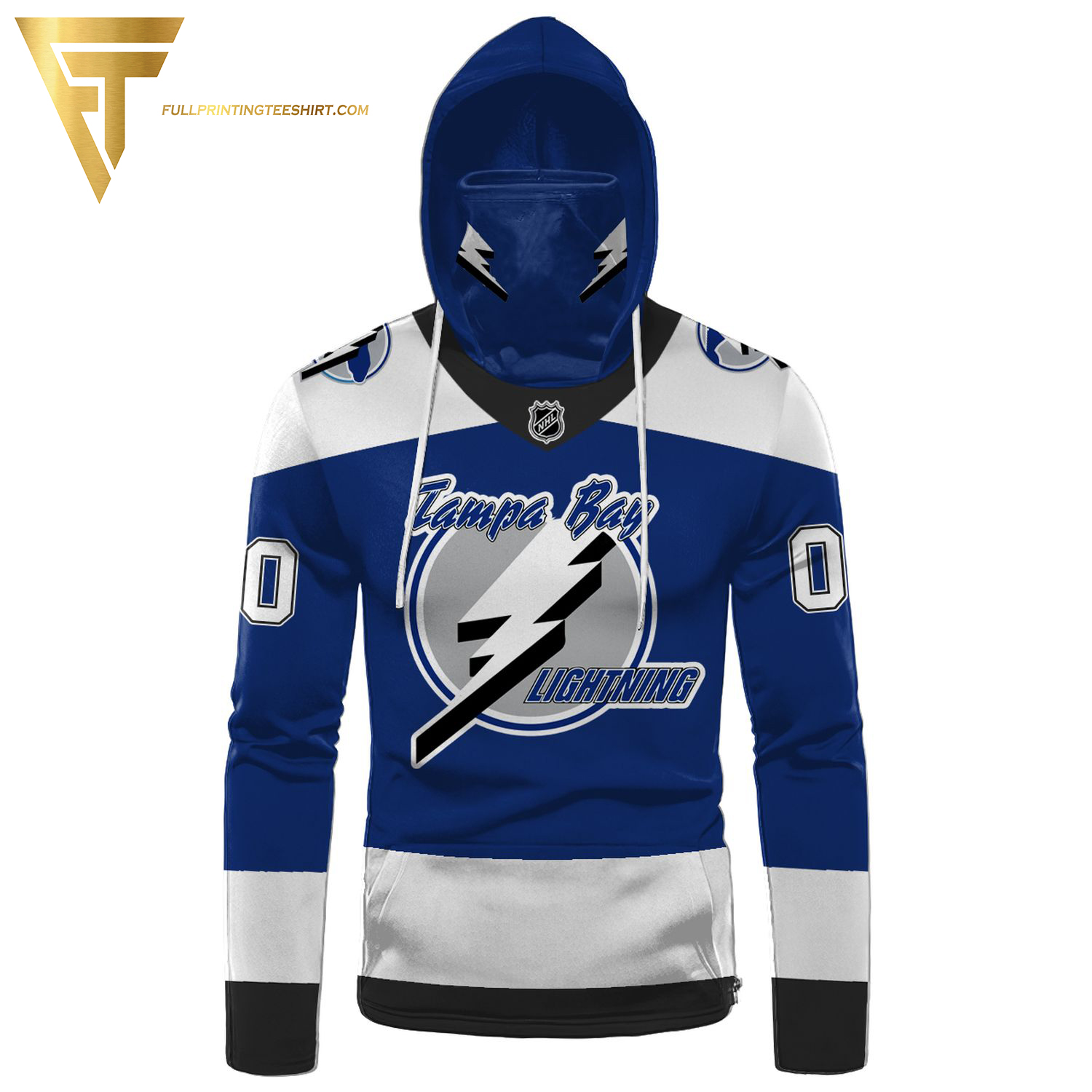
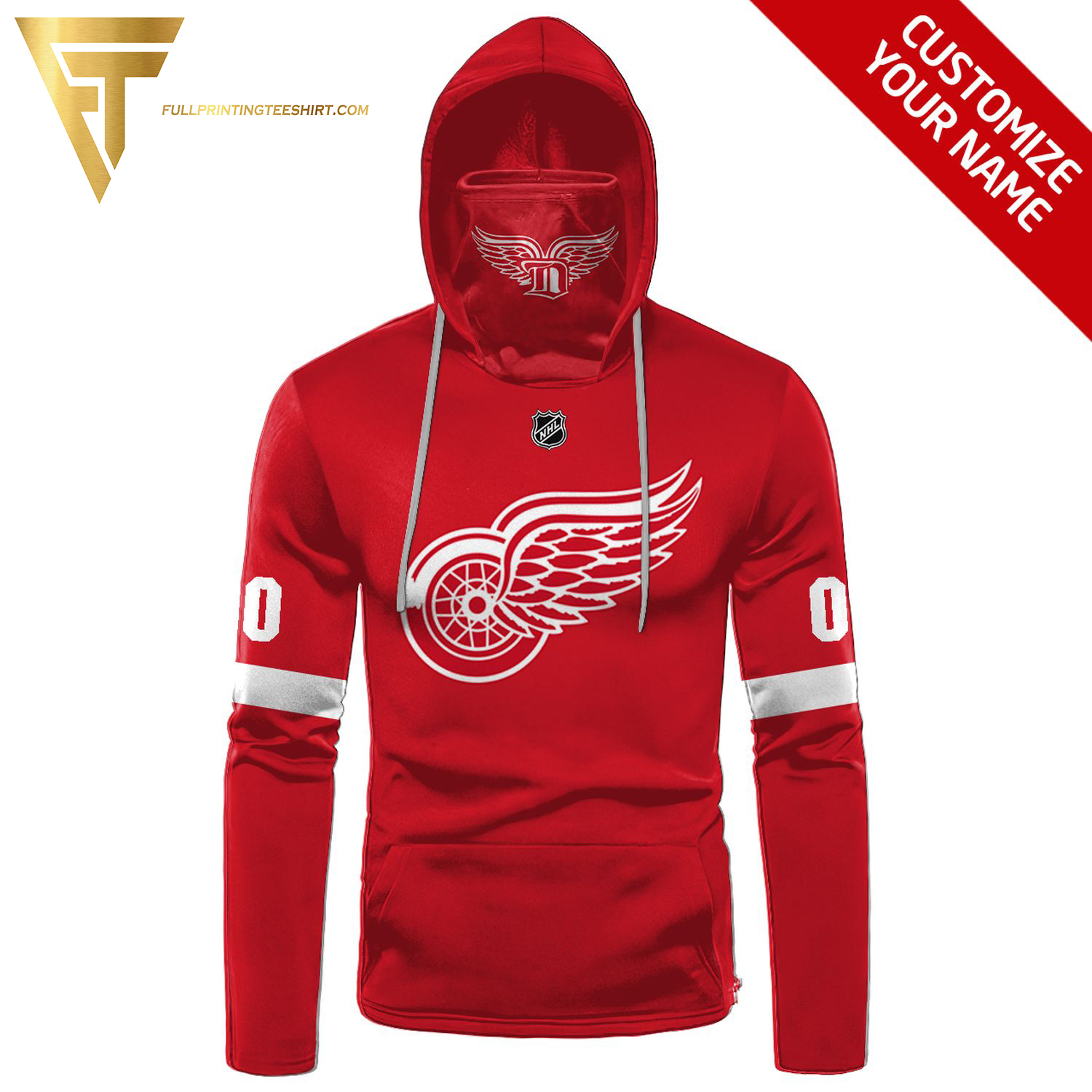
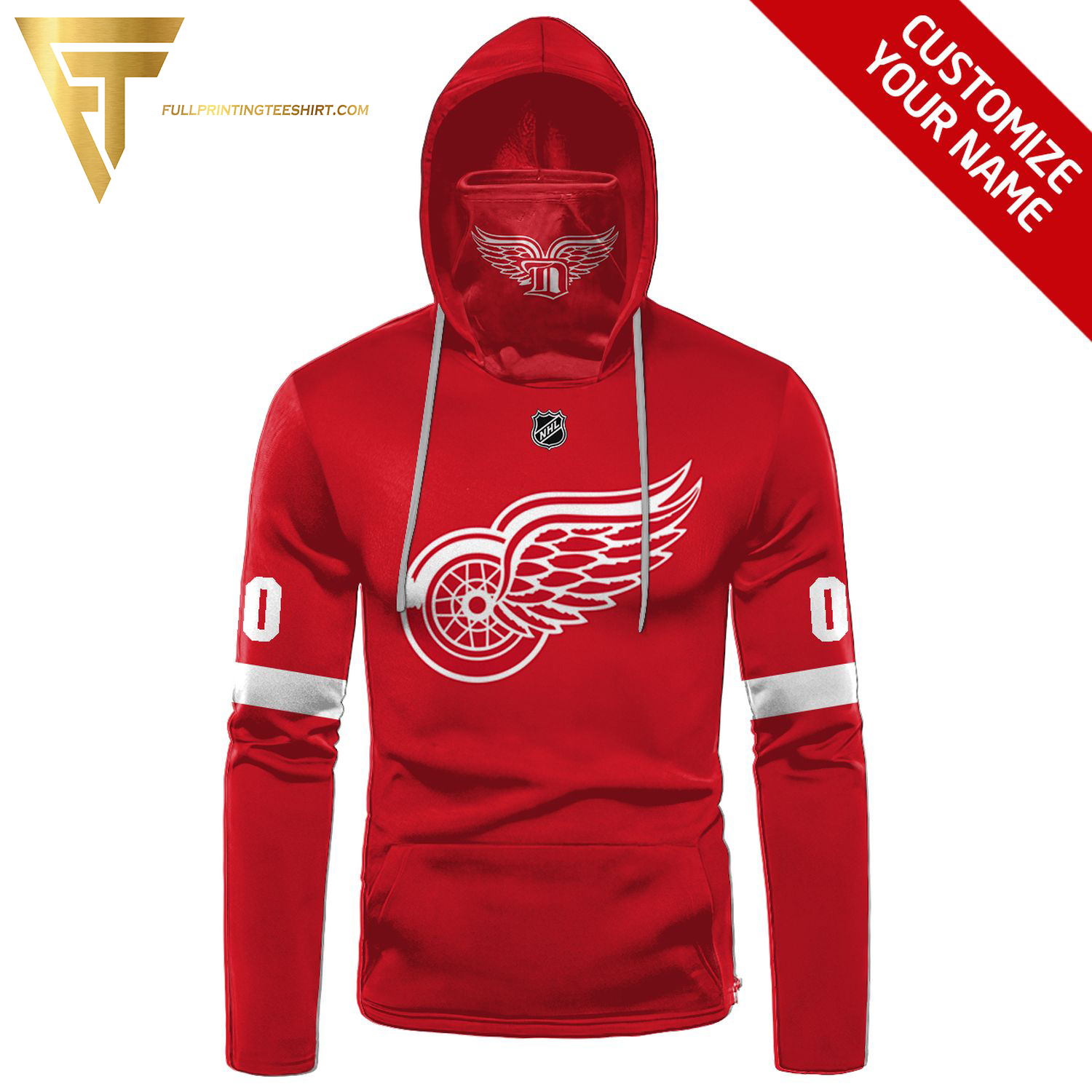

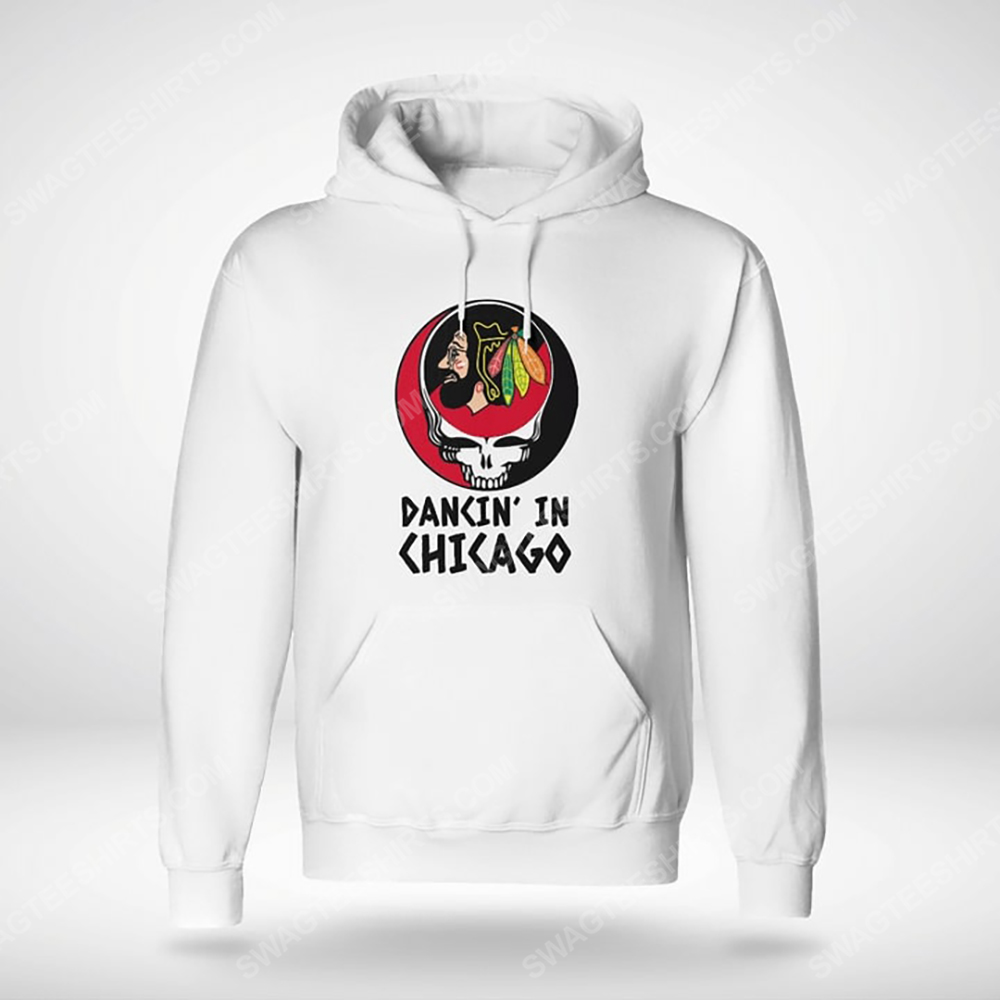
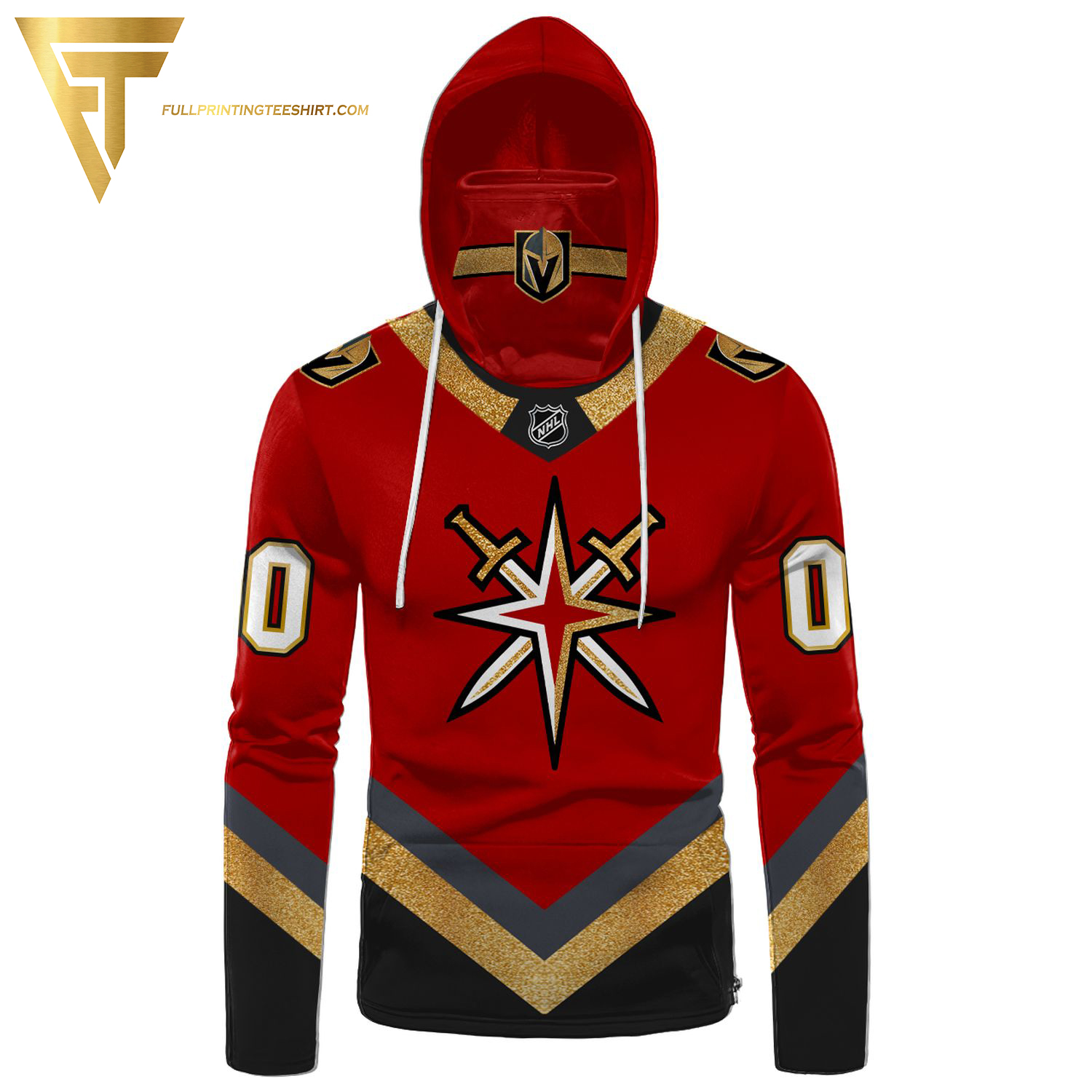
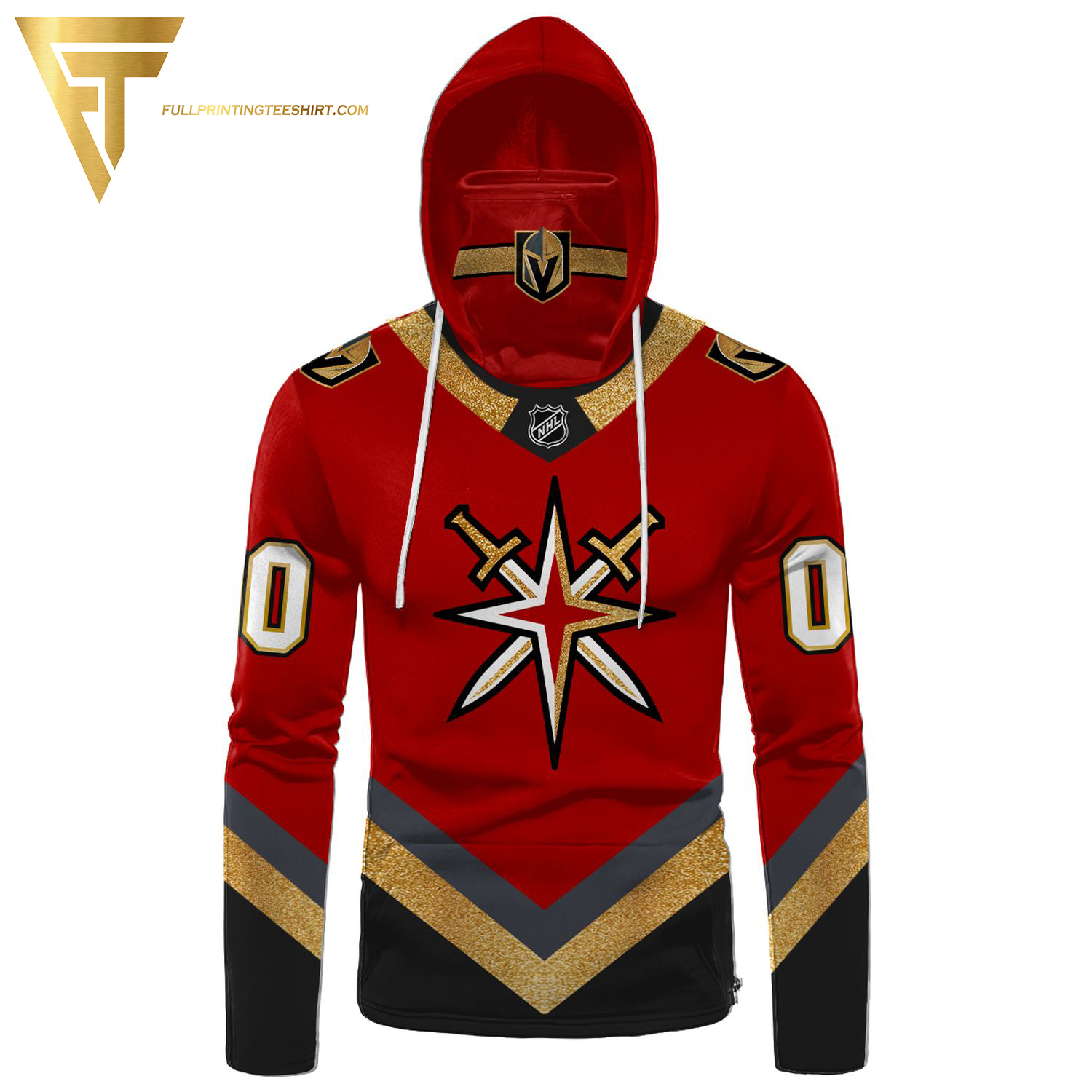
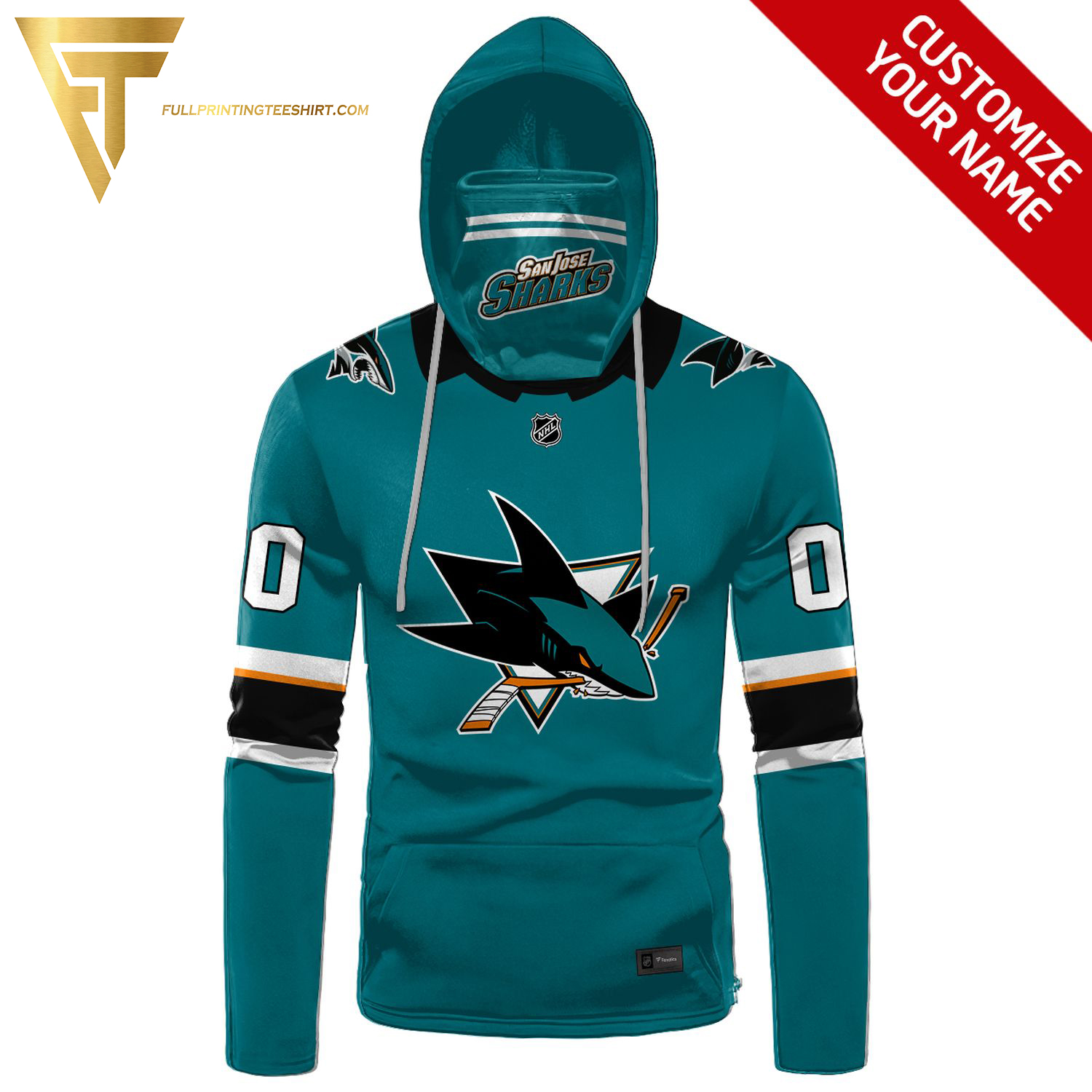
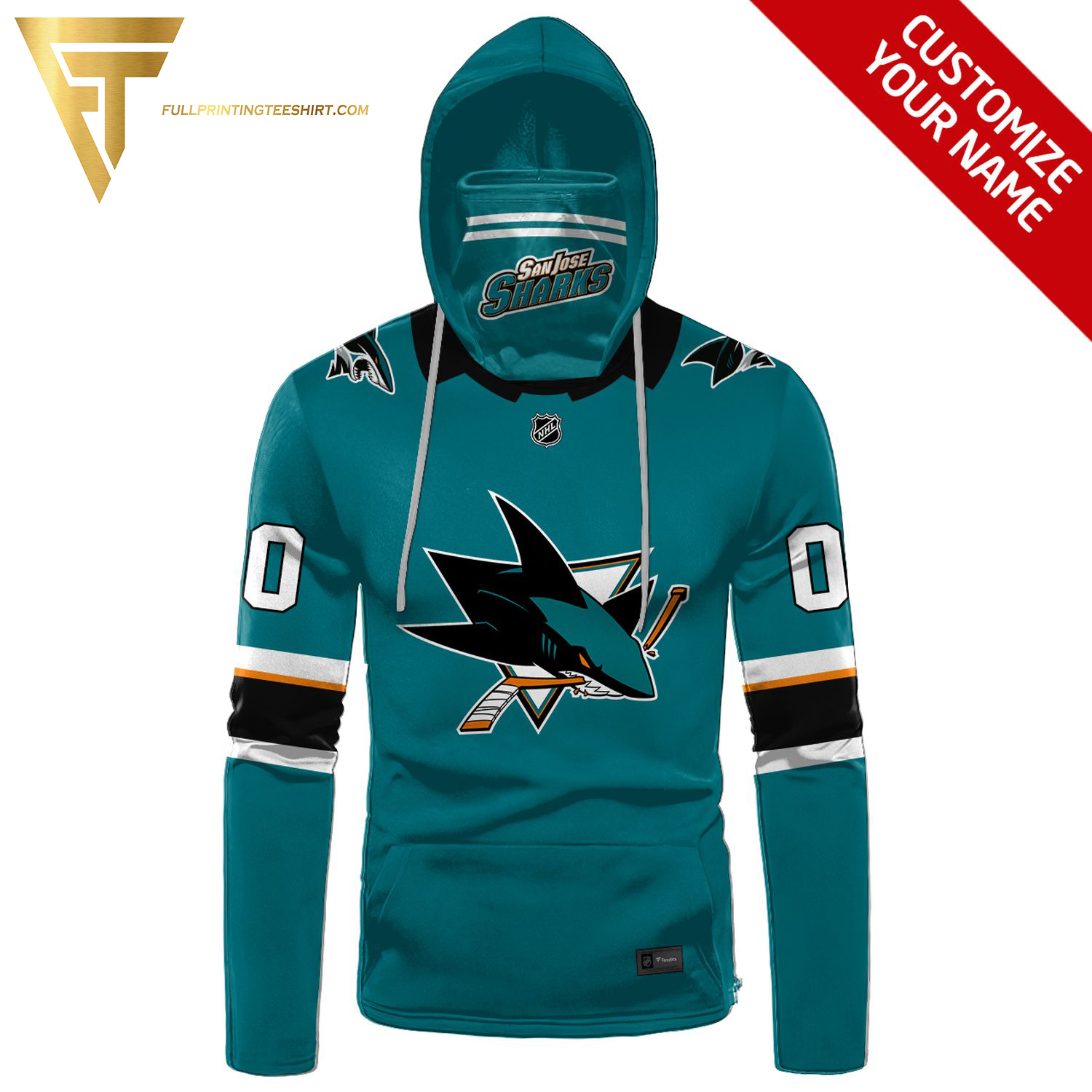
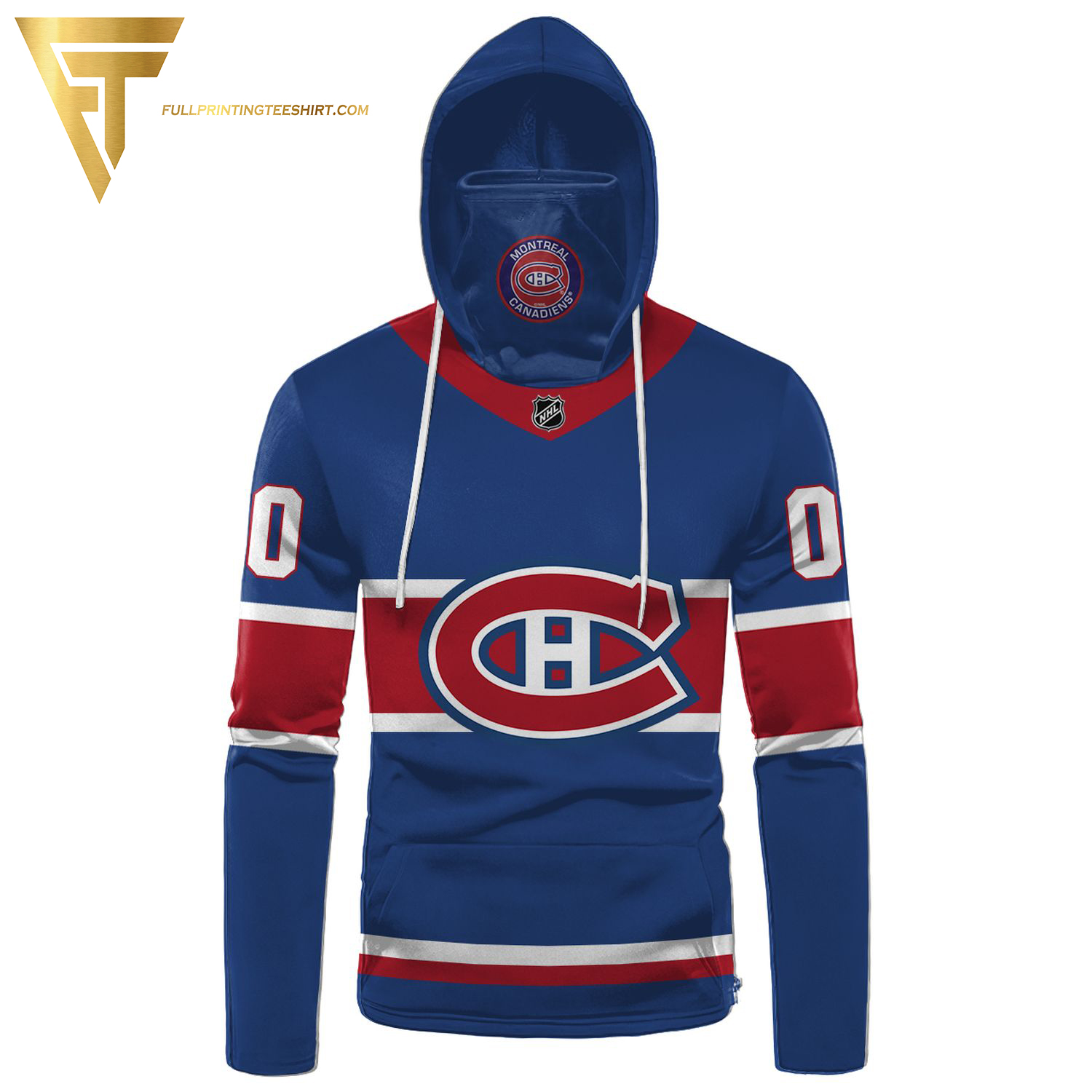
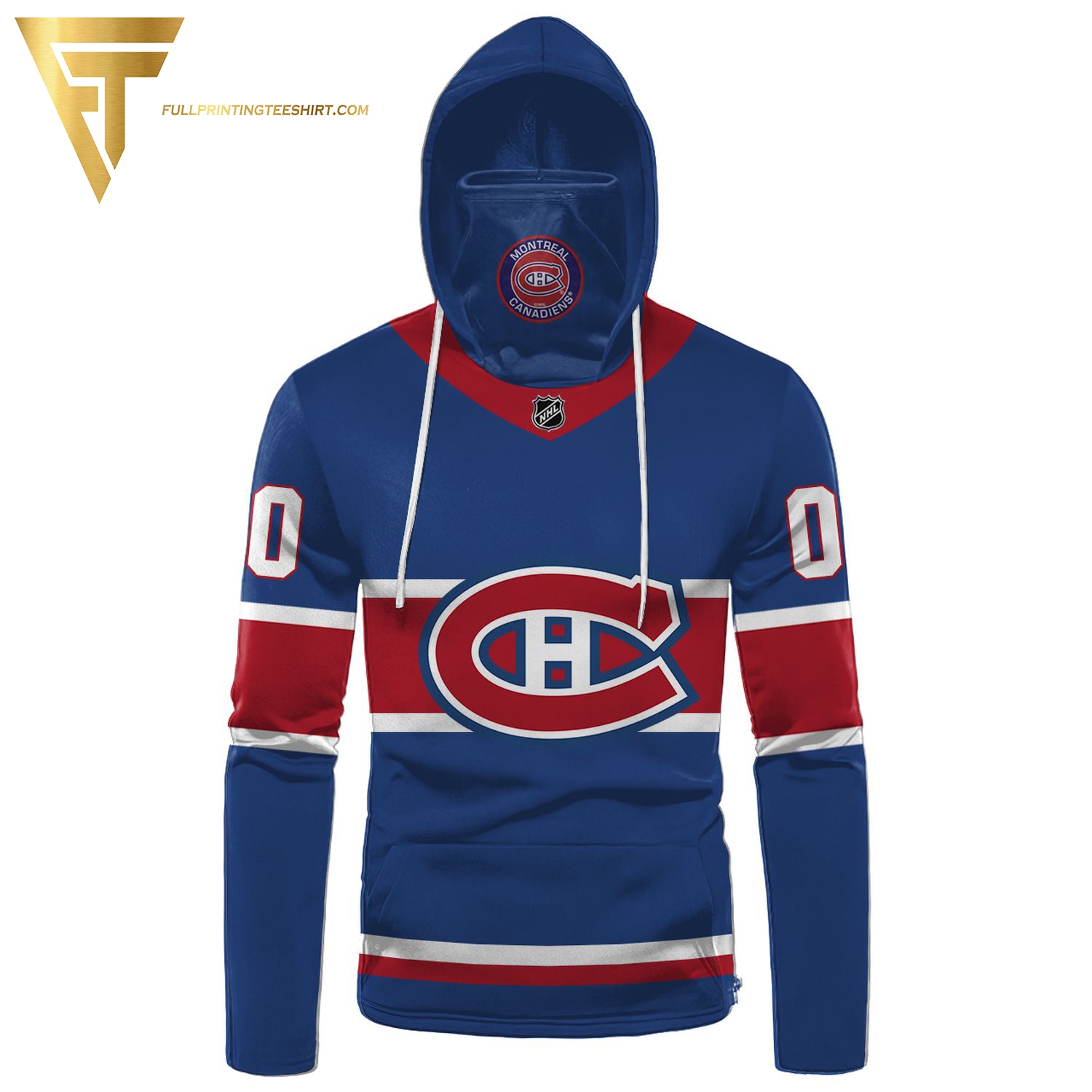
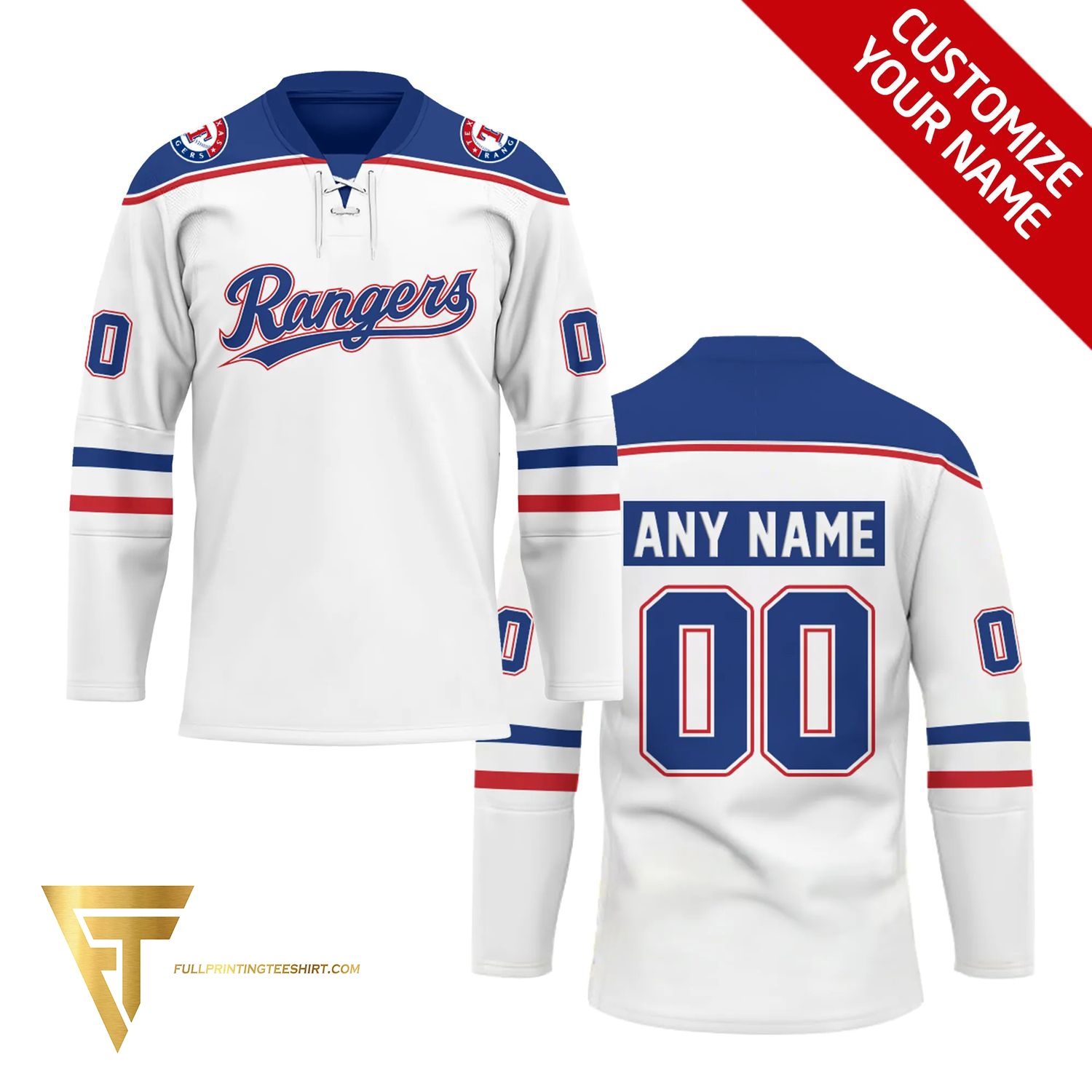
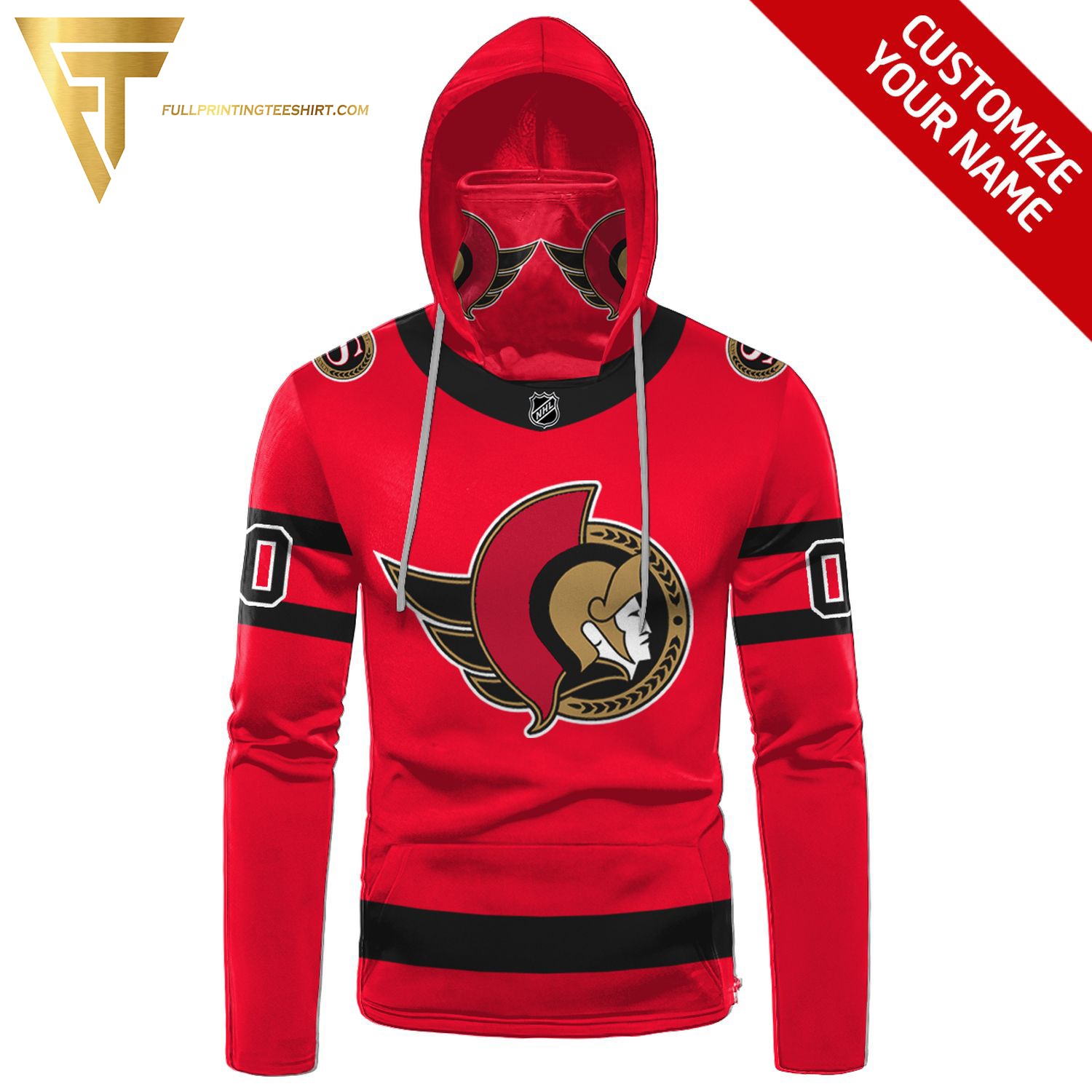
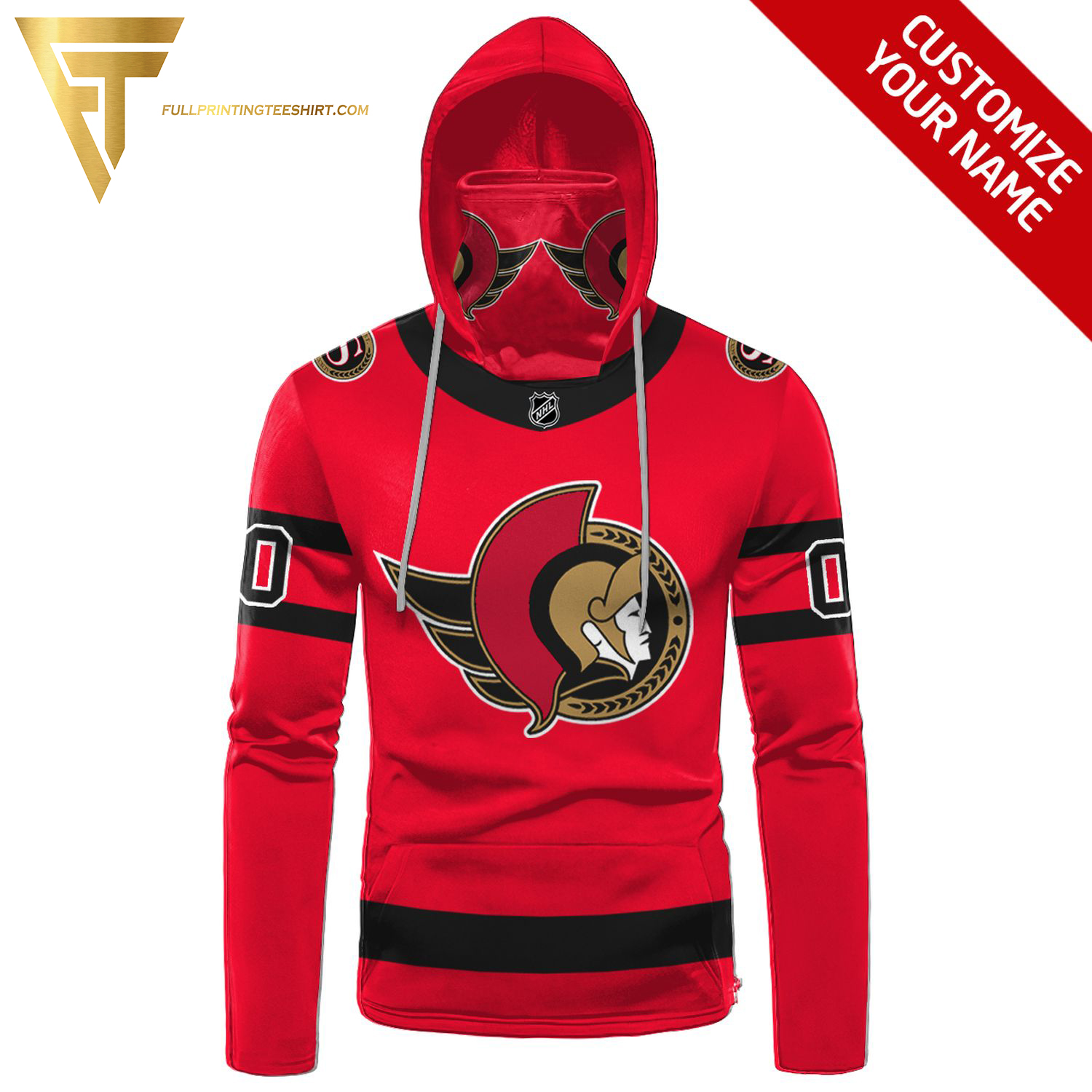
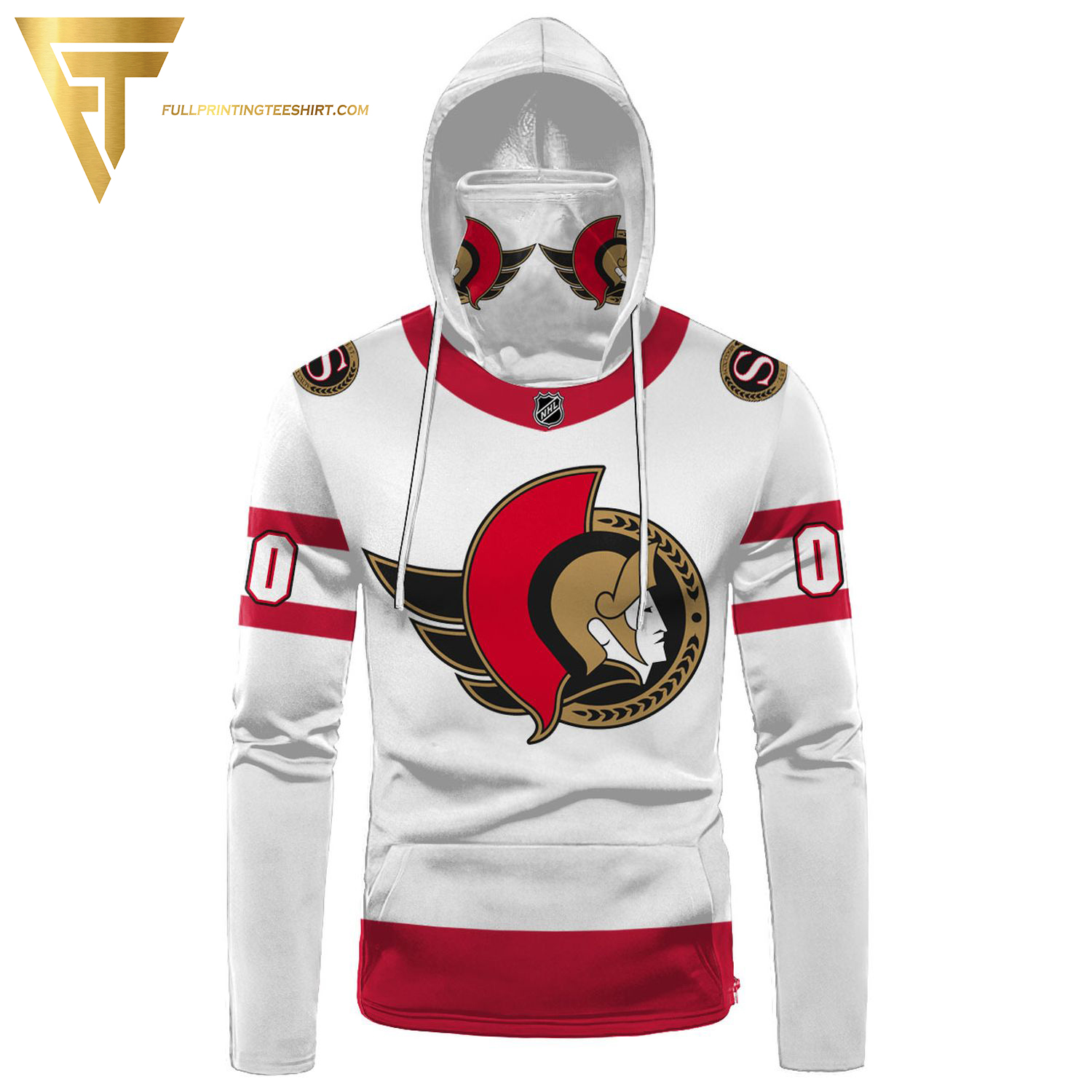
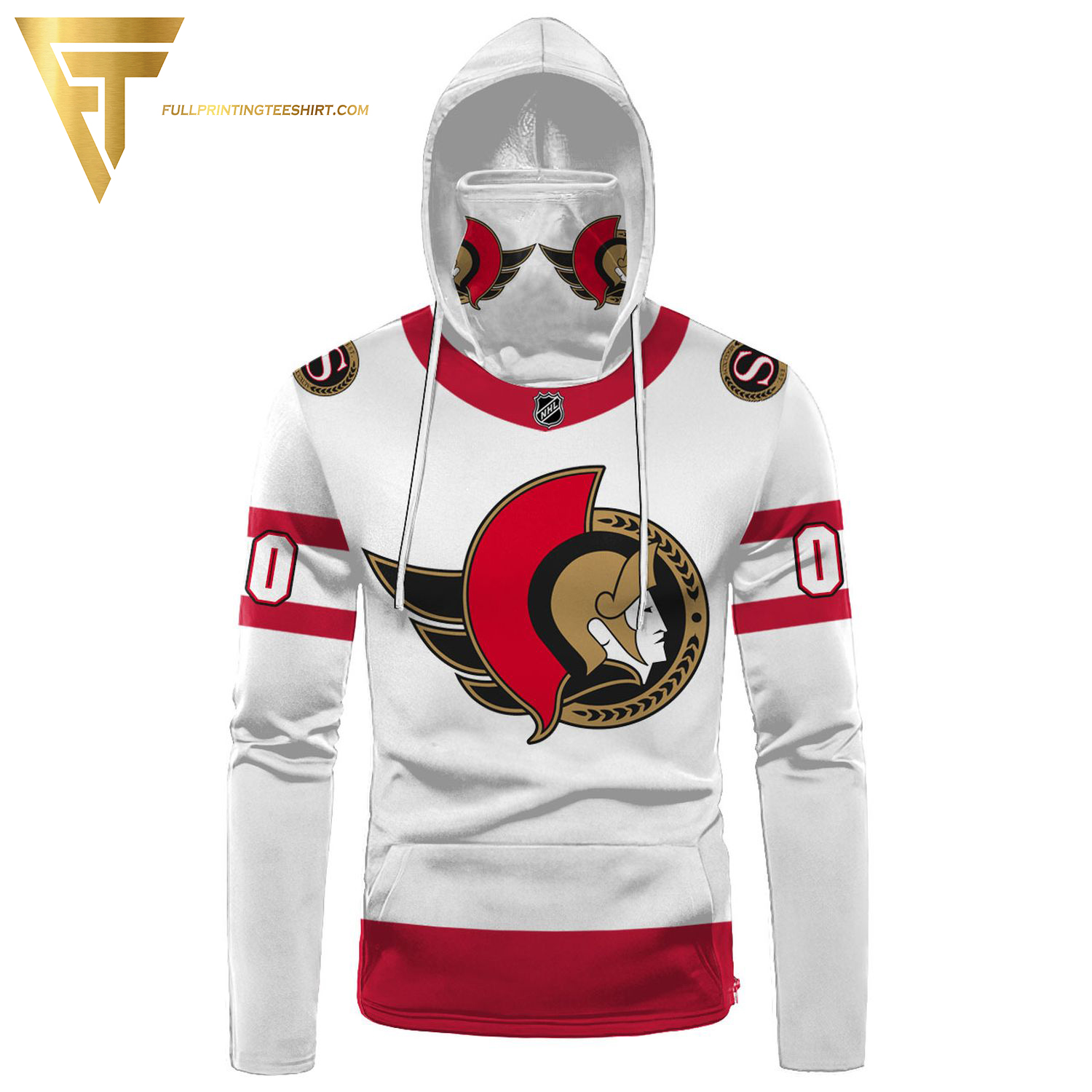
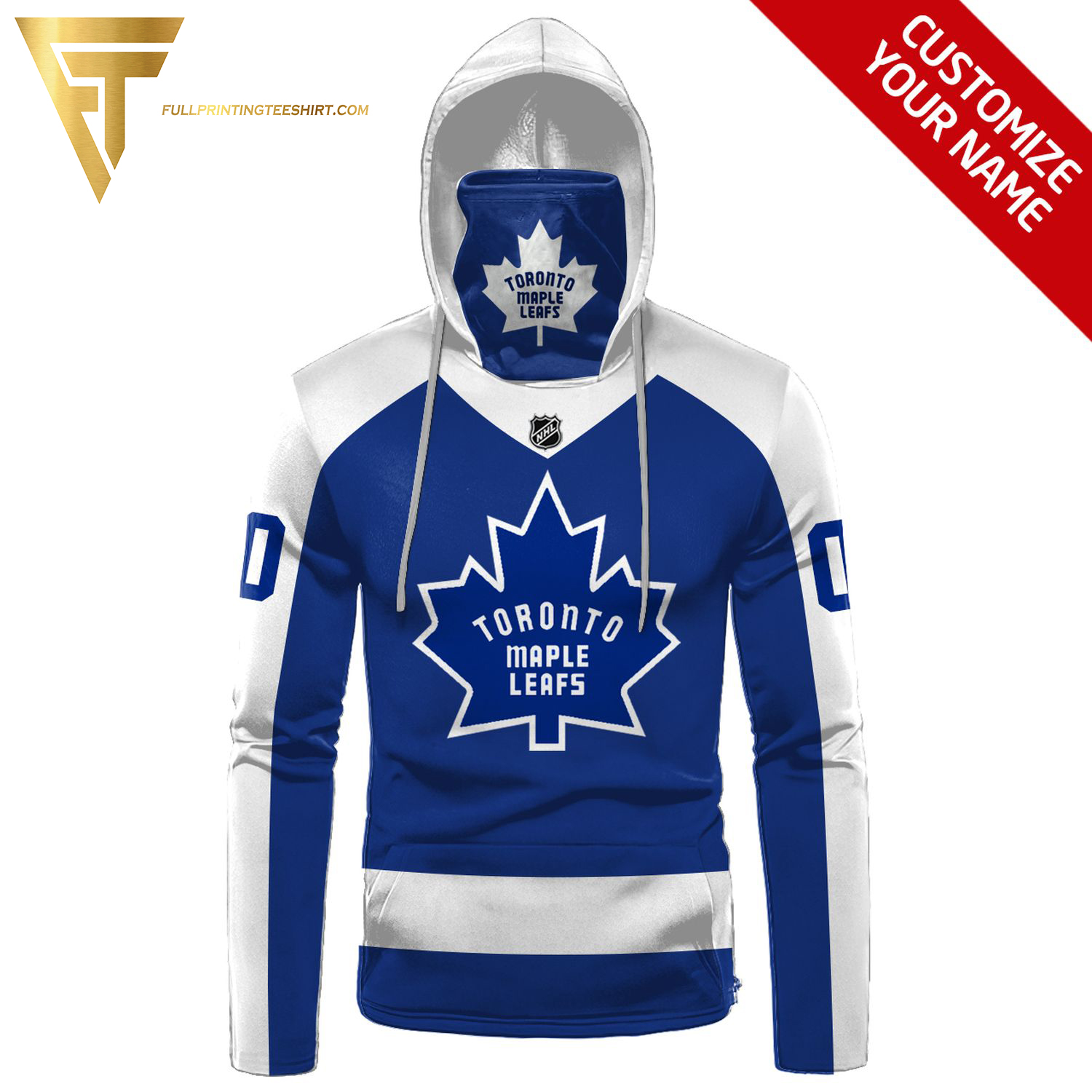
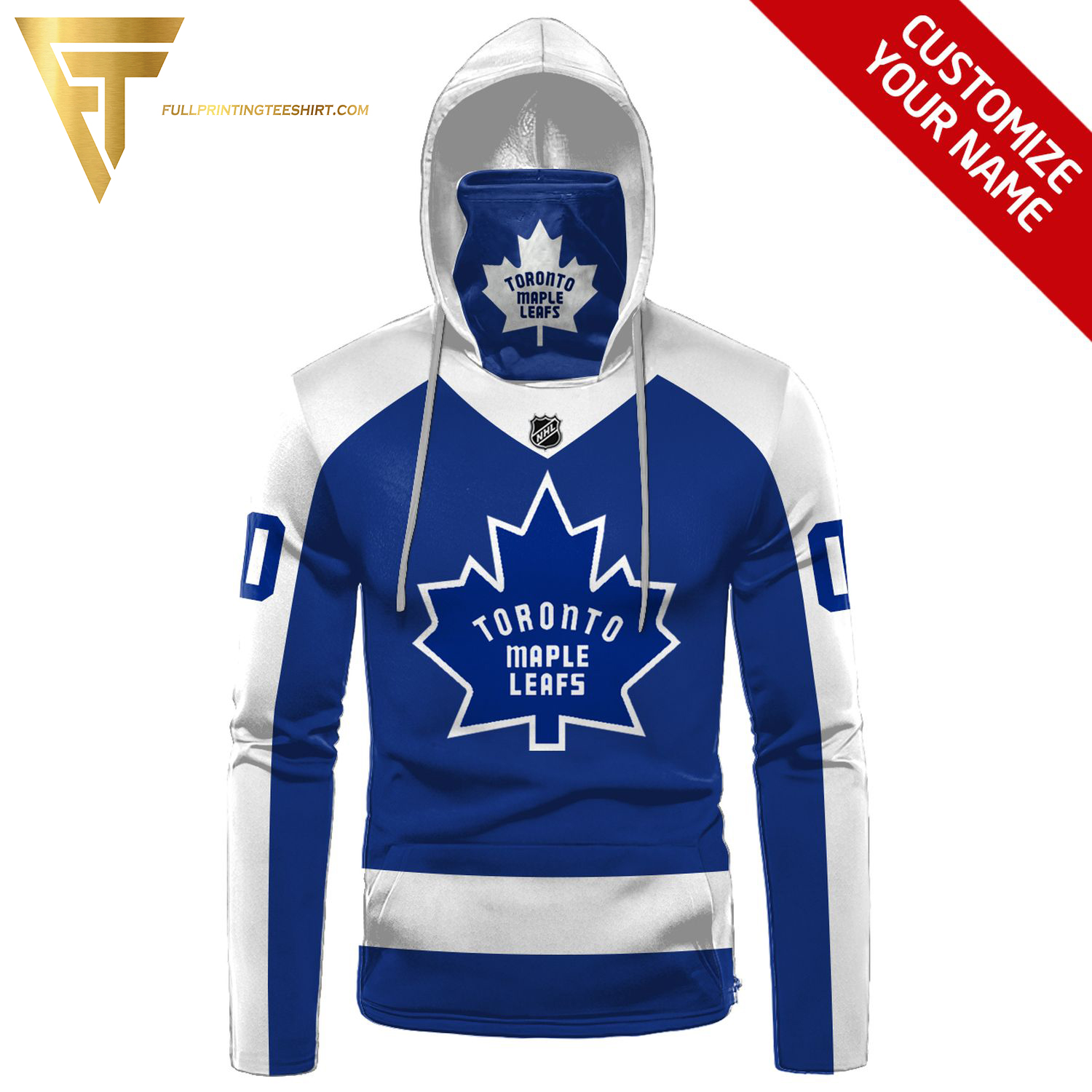
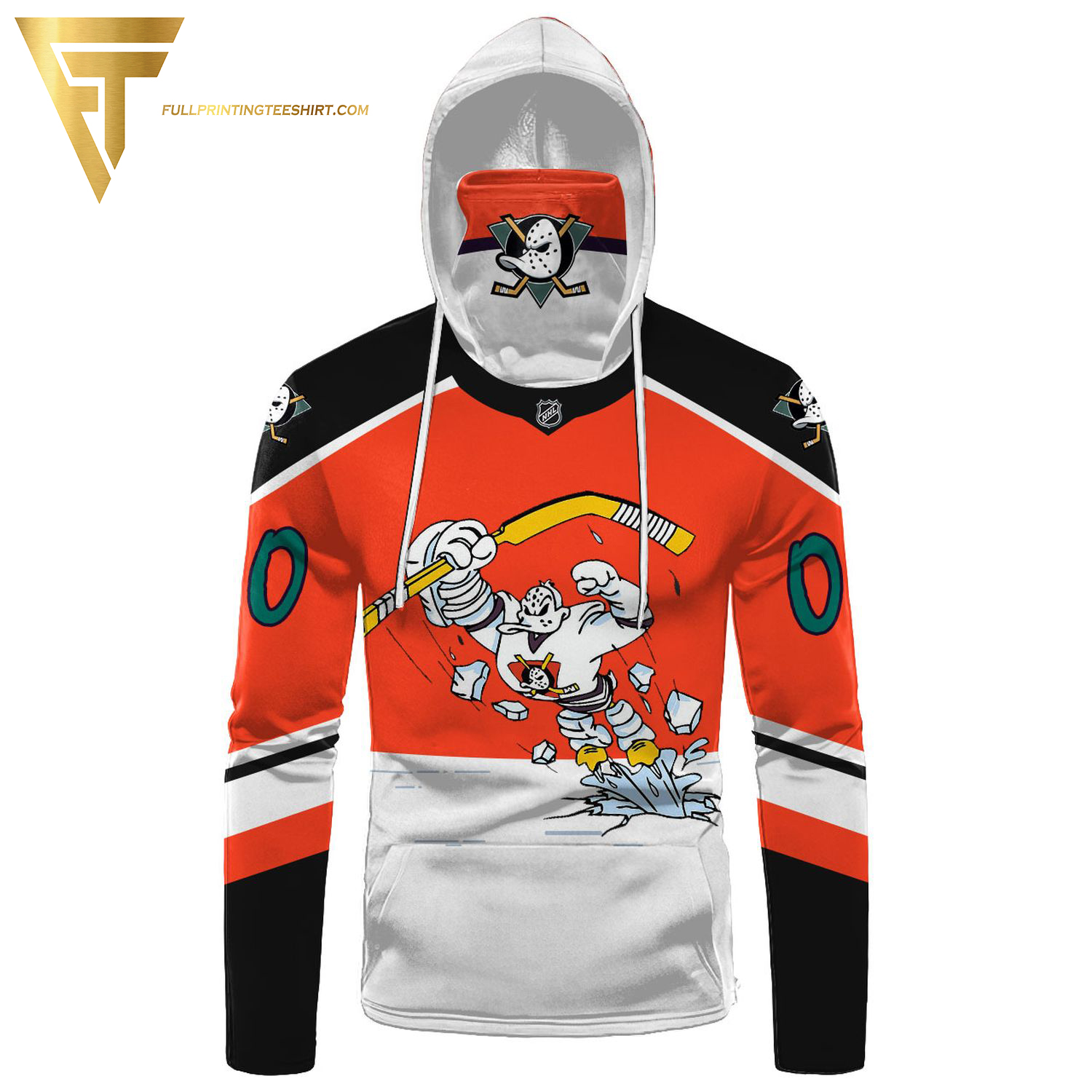
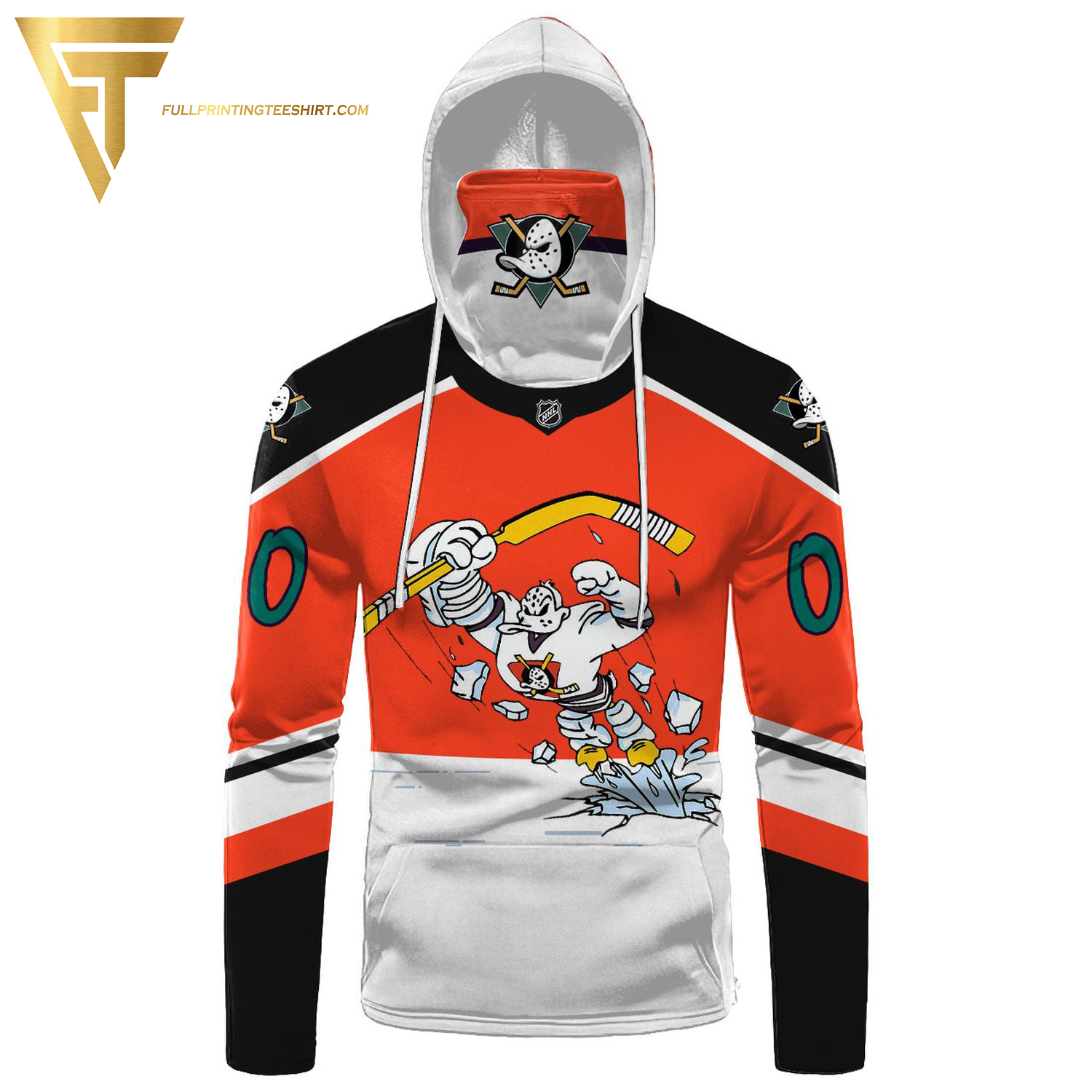
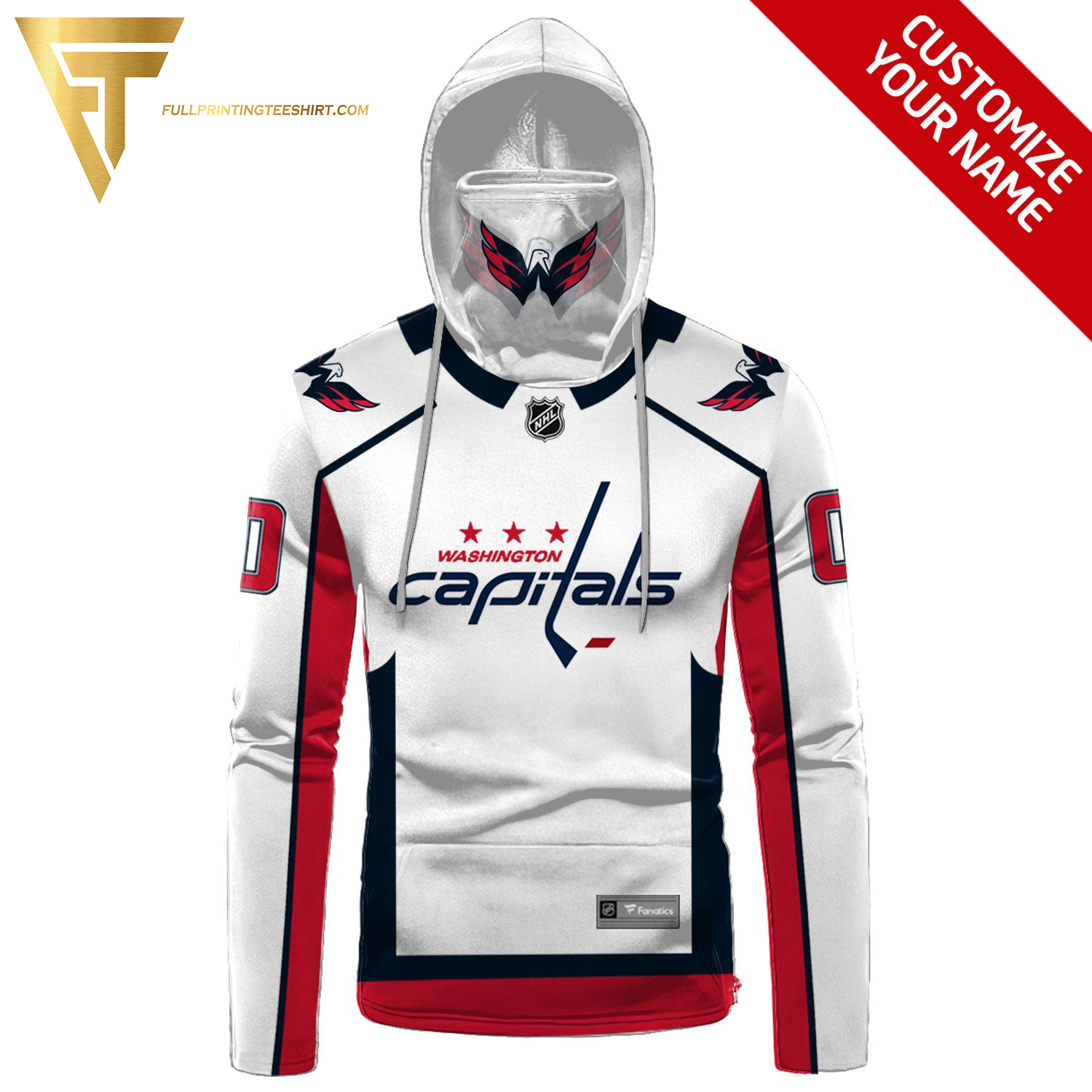
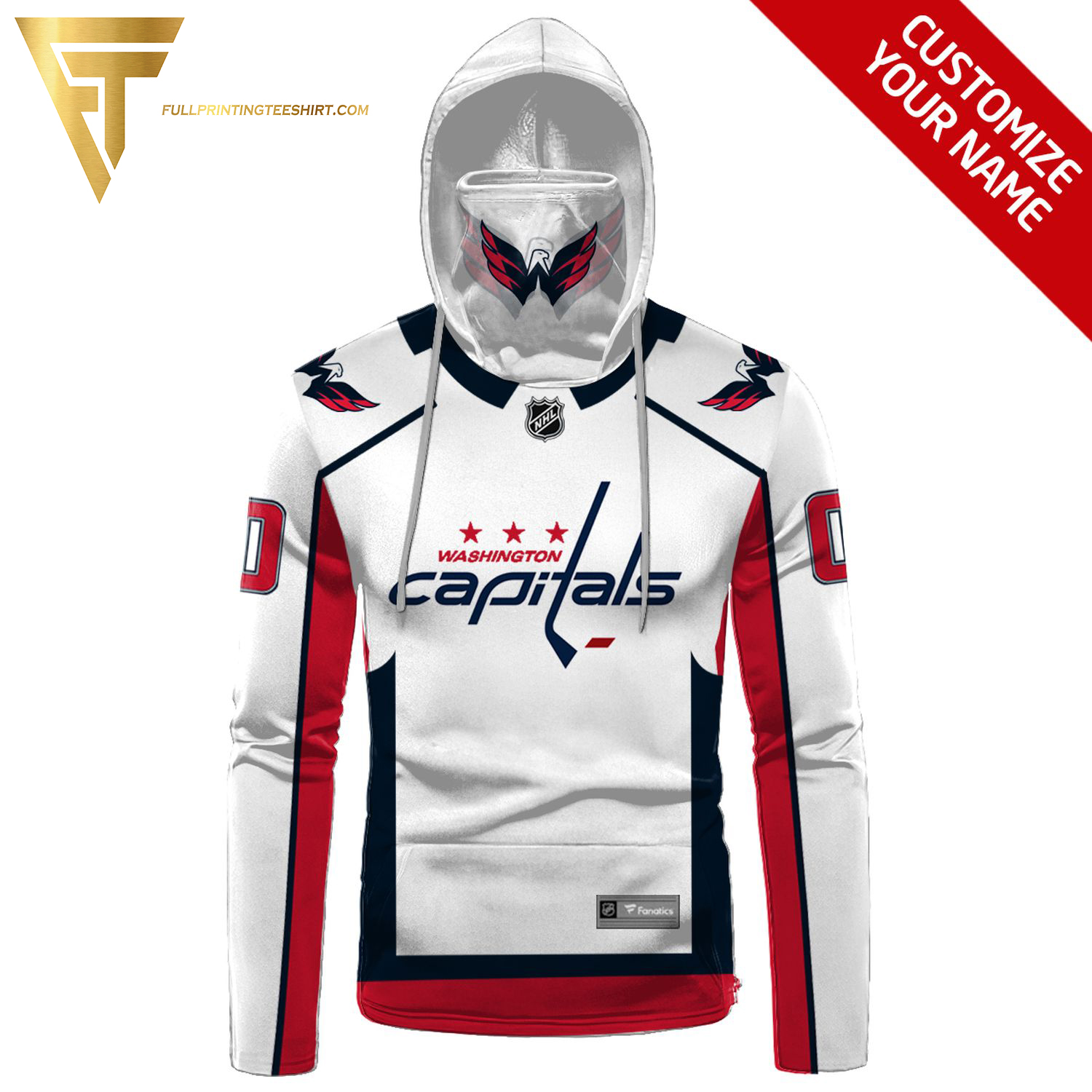
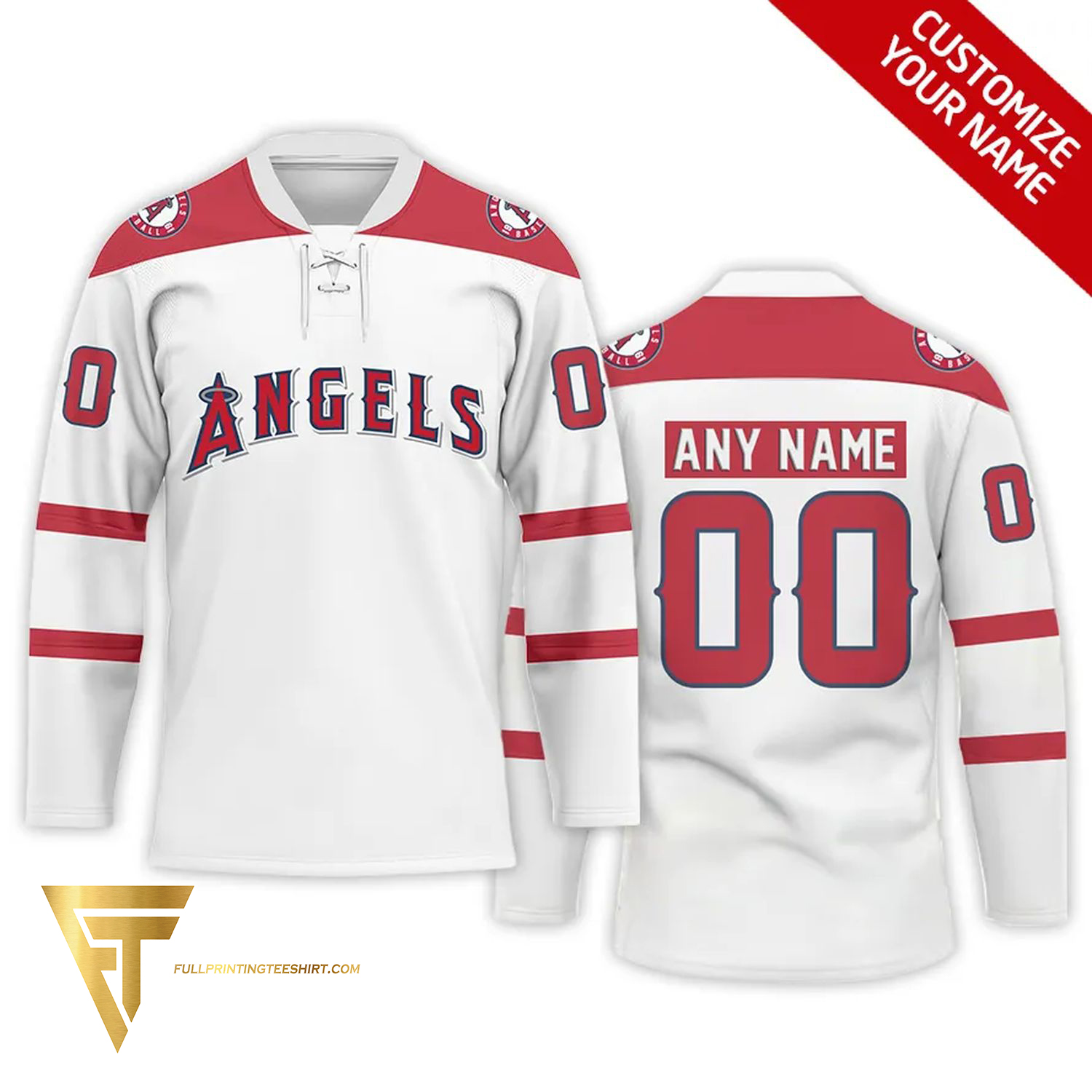
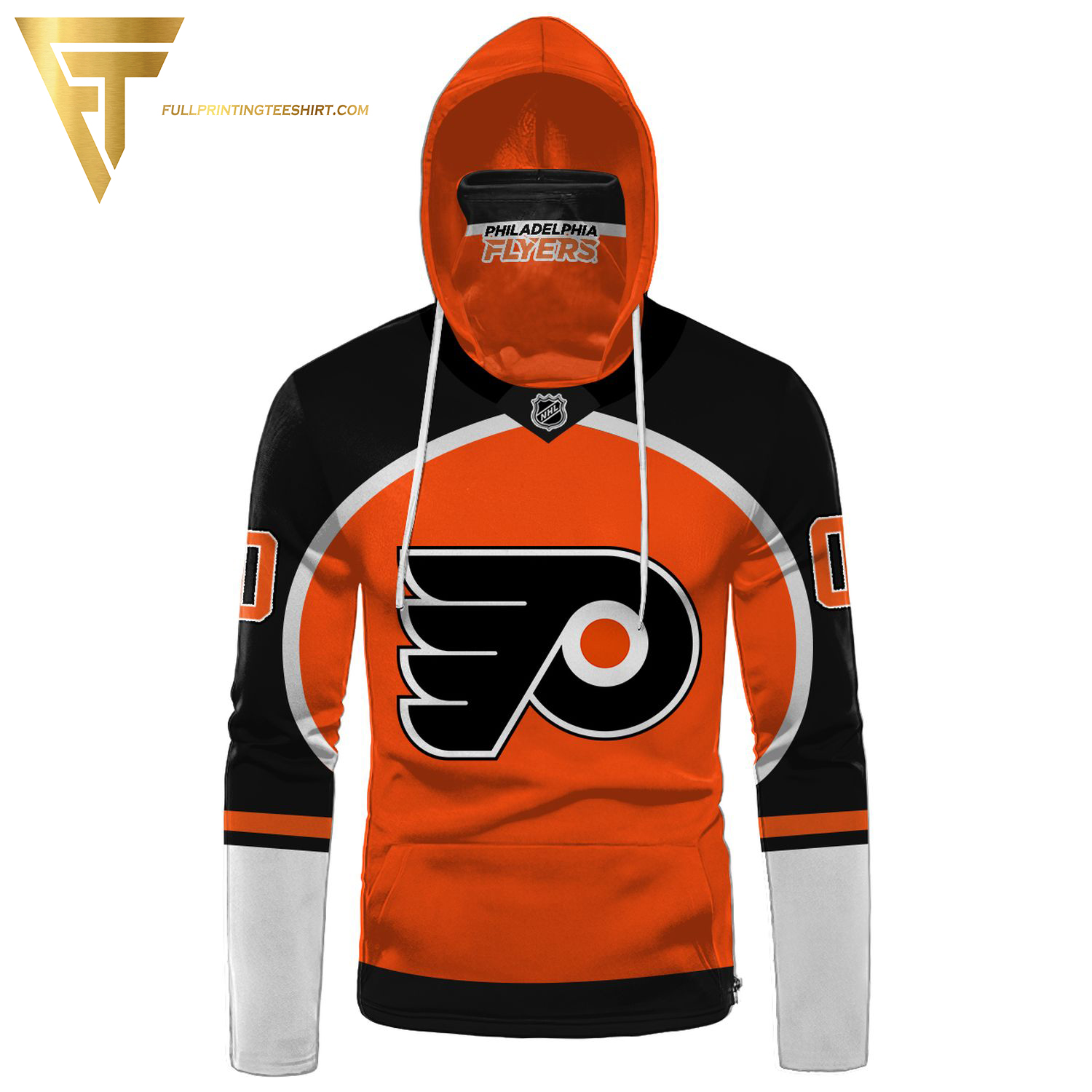
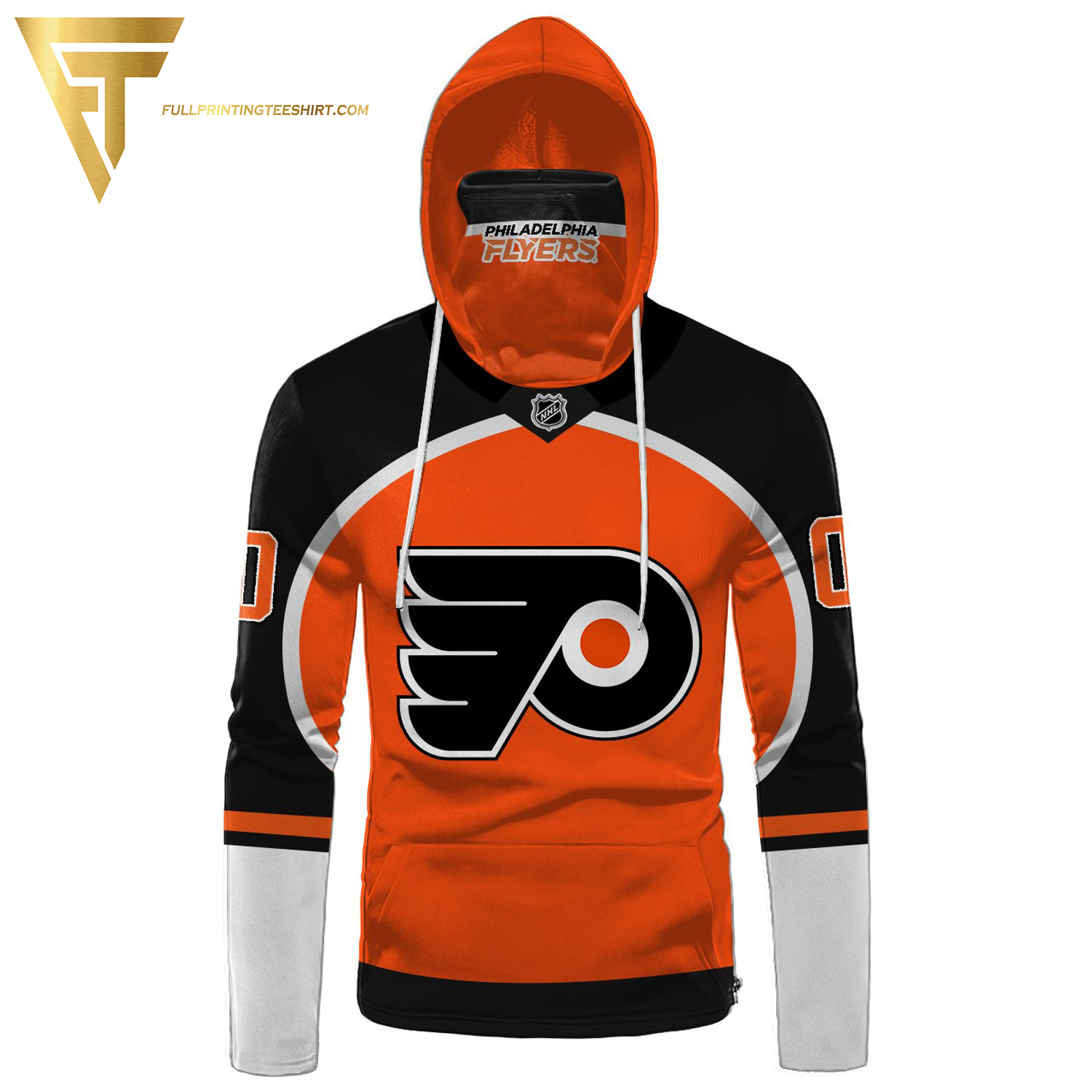
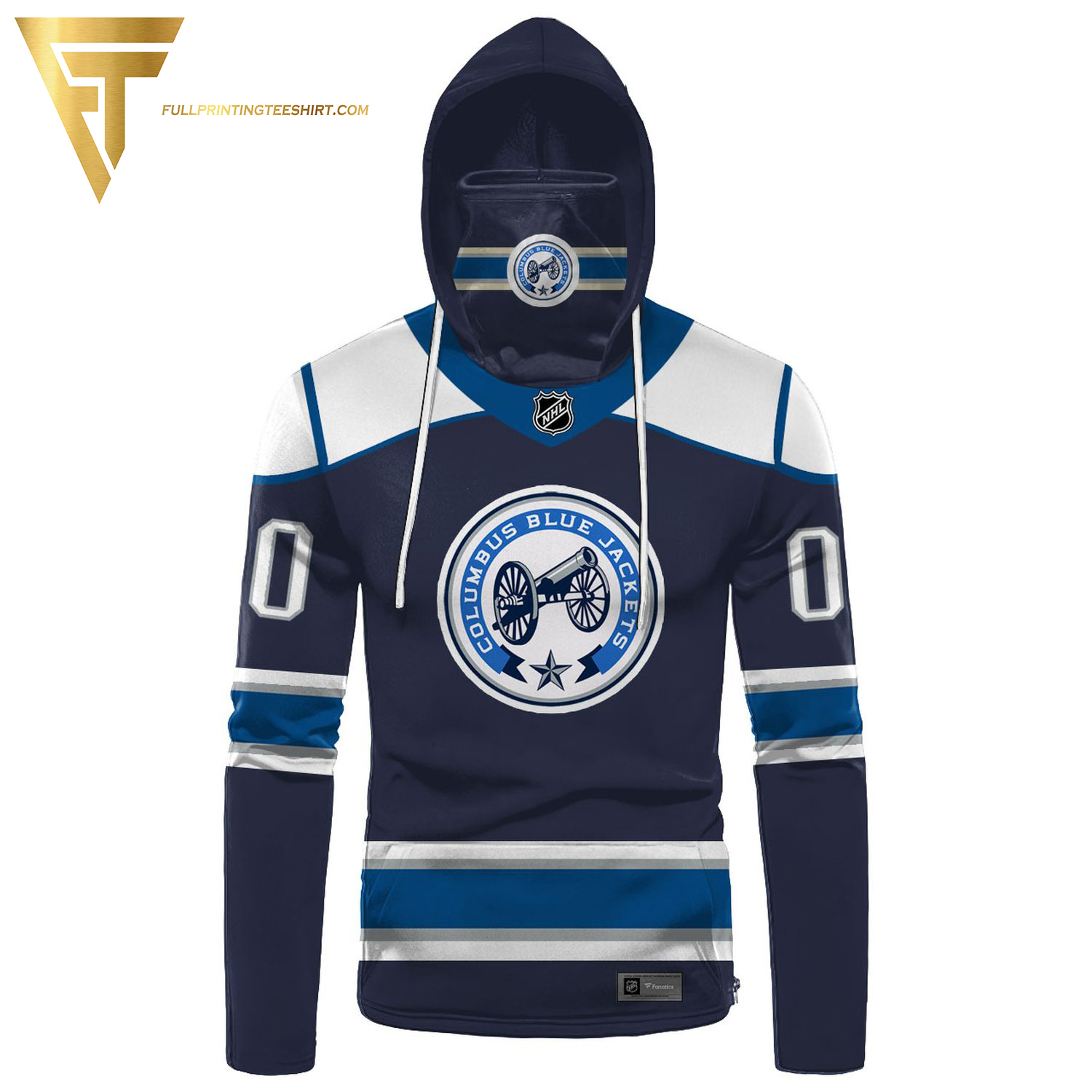
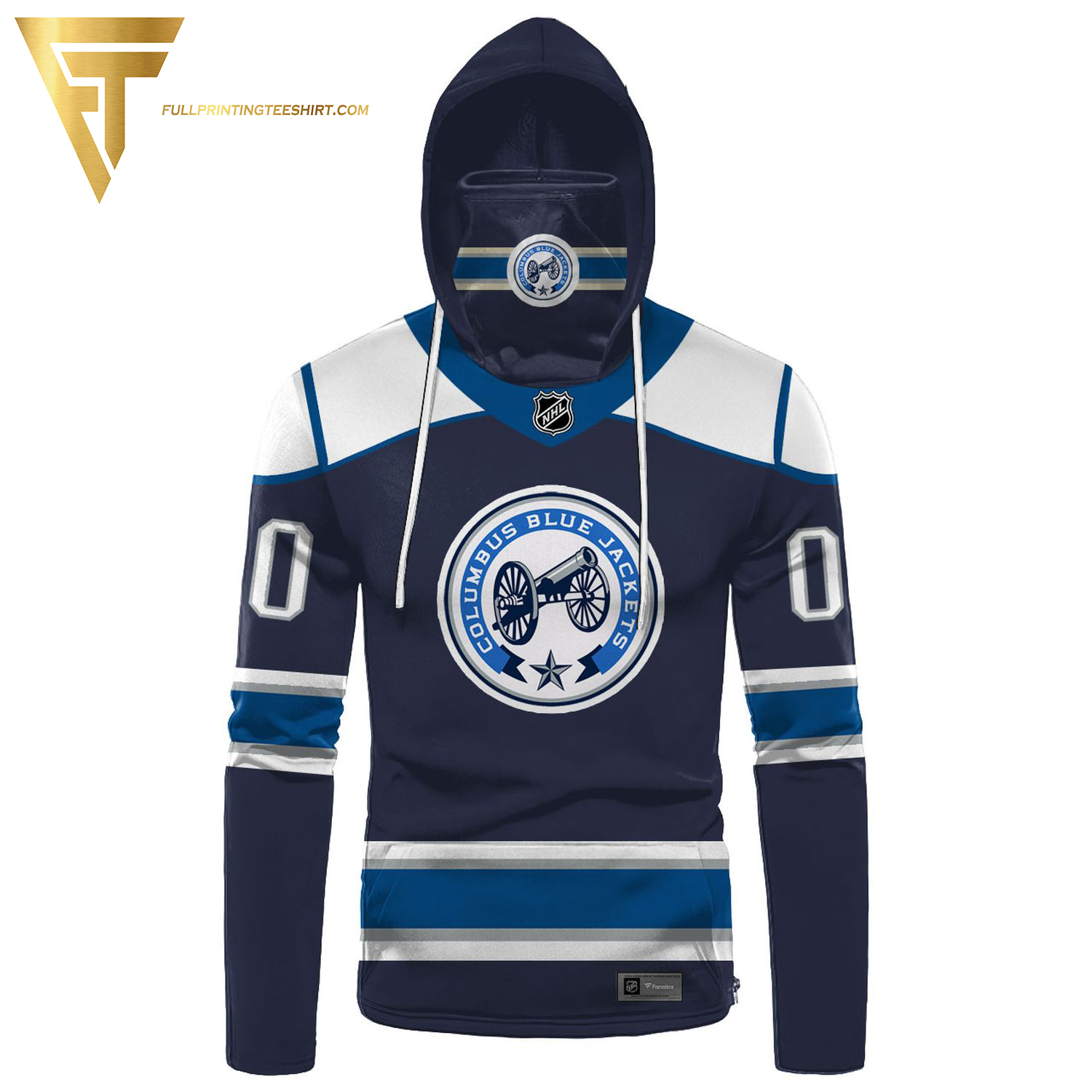
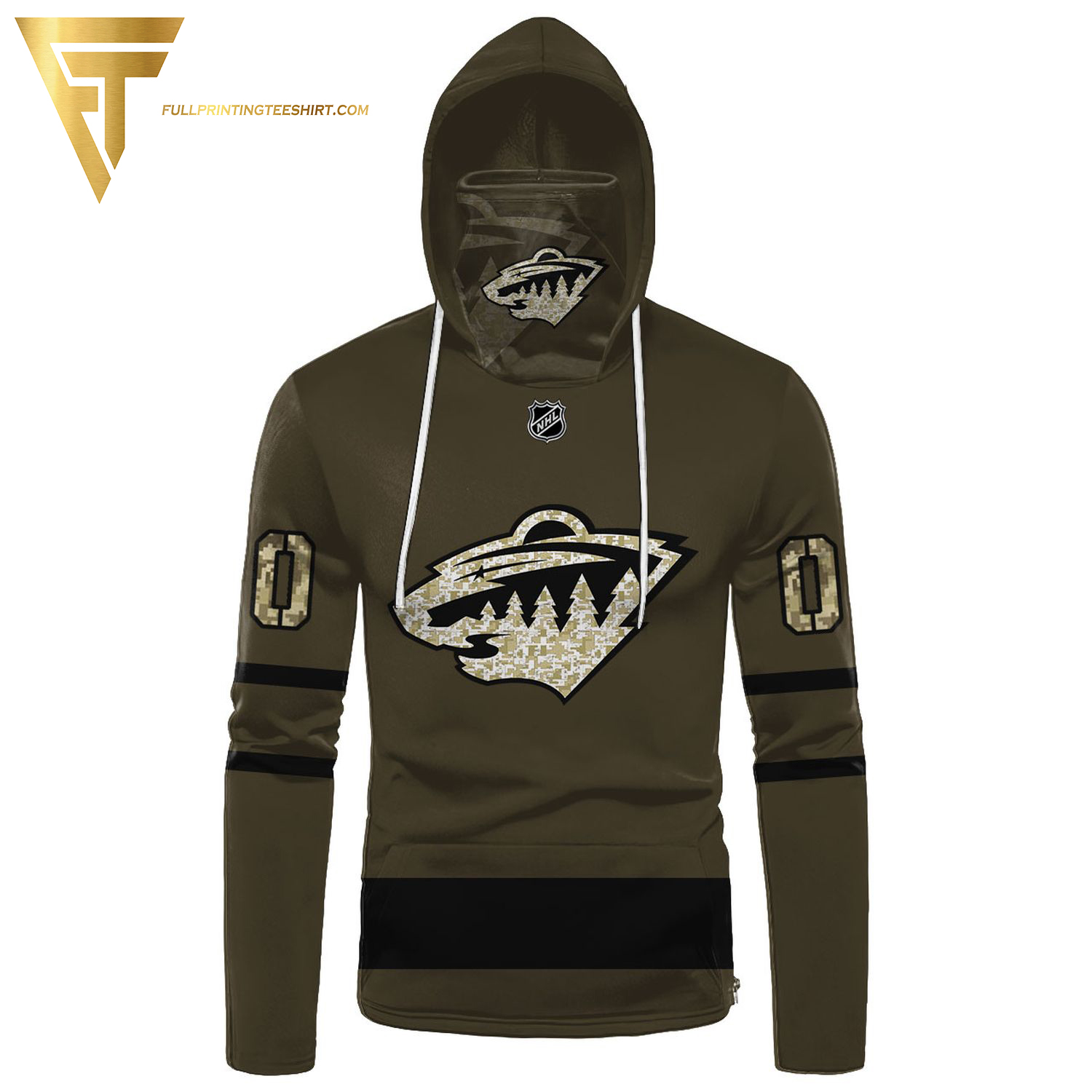
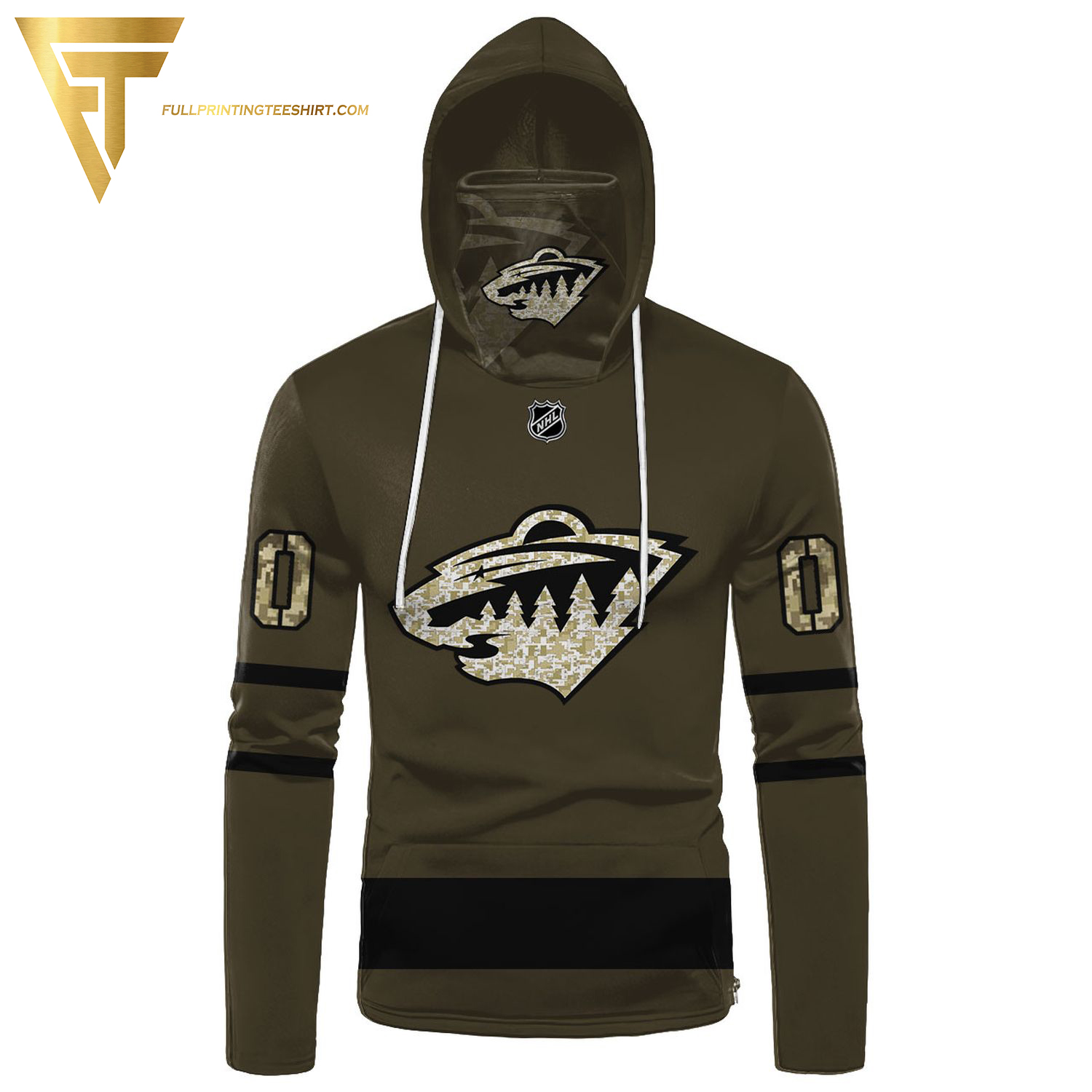
Reviews
There are no reviews yet.